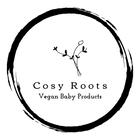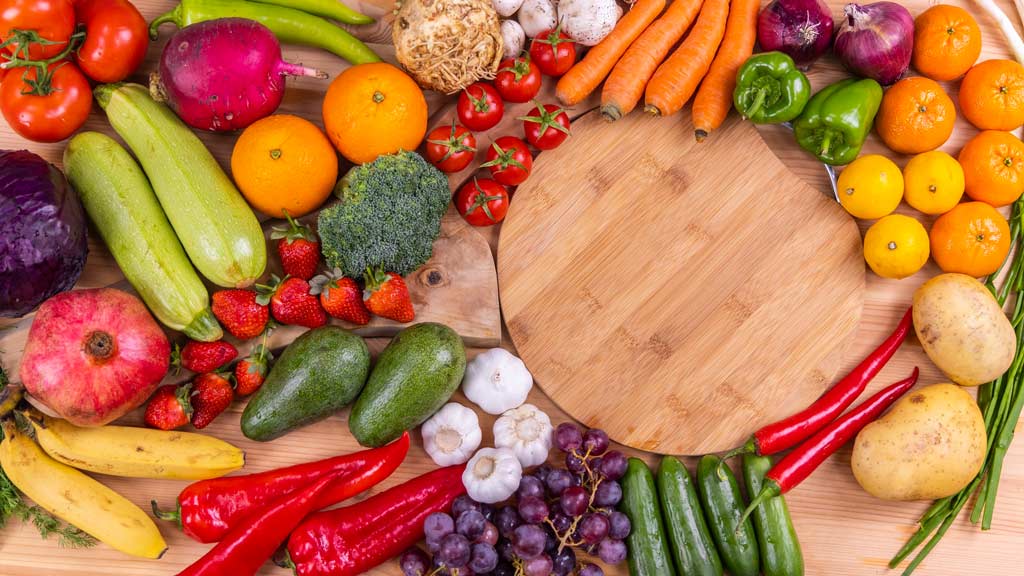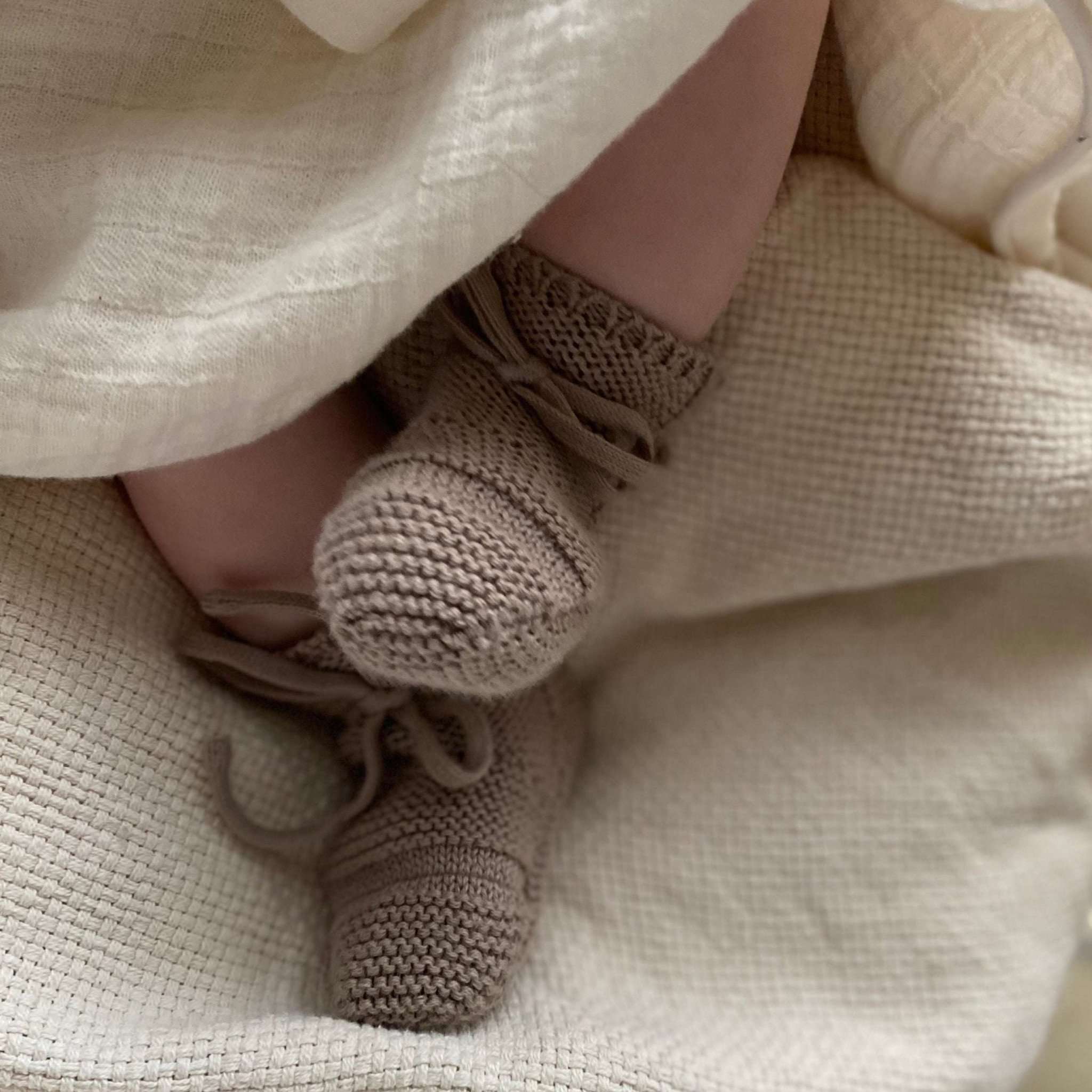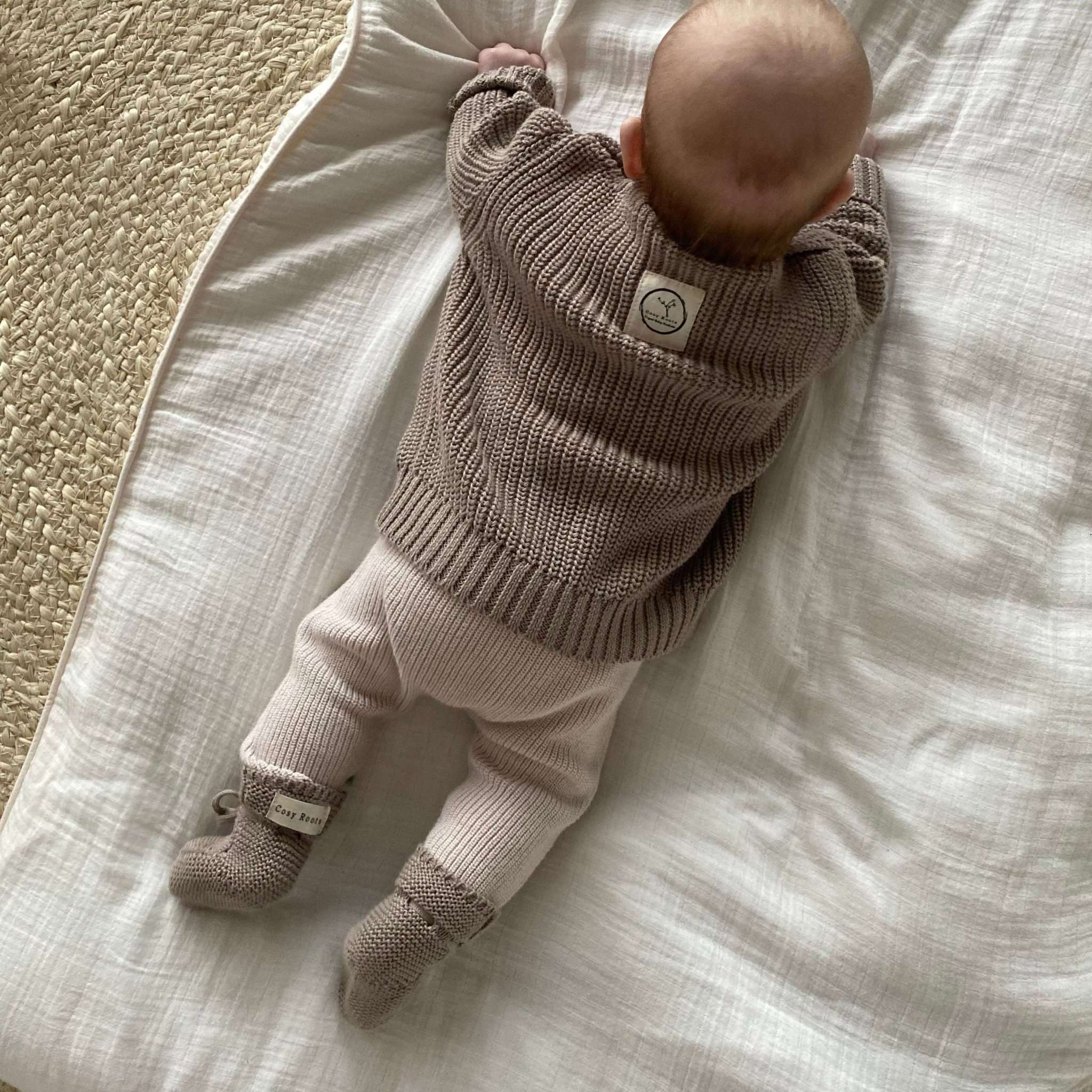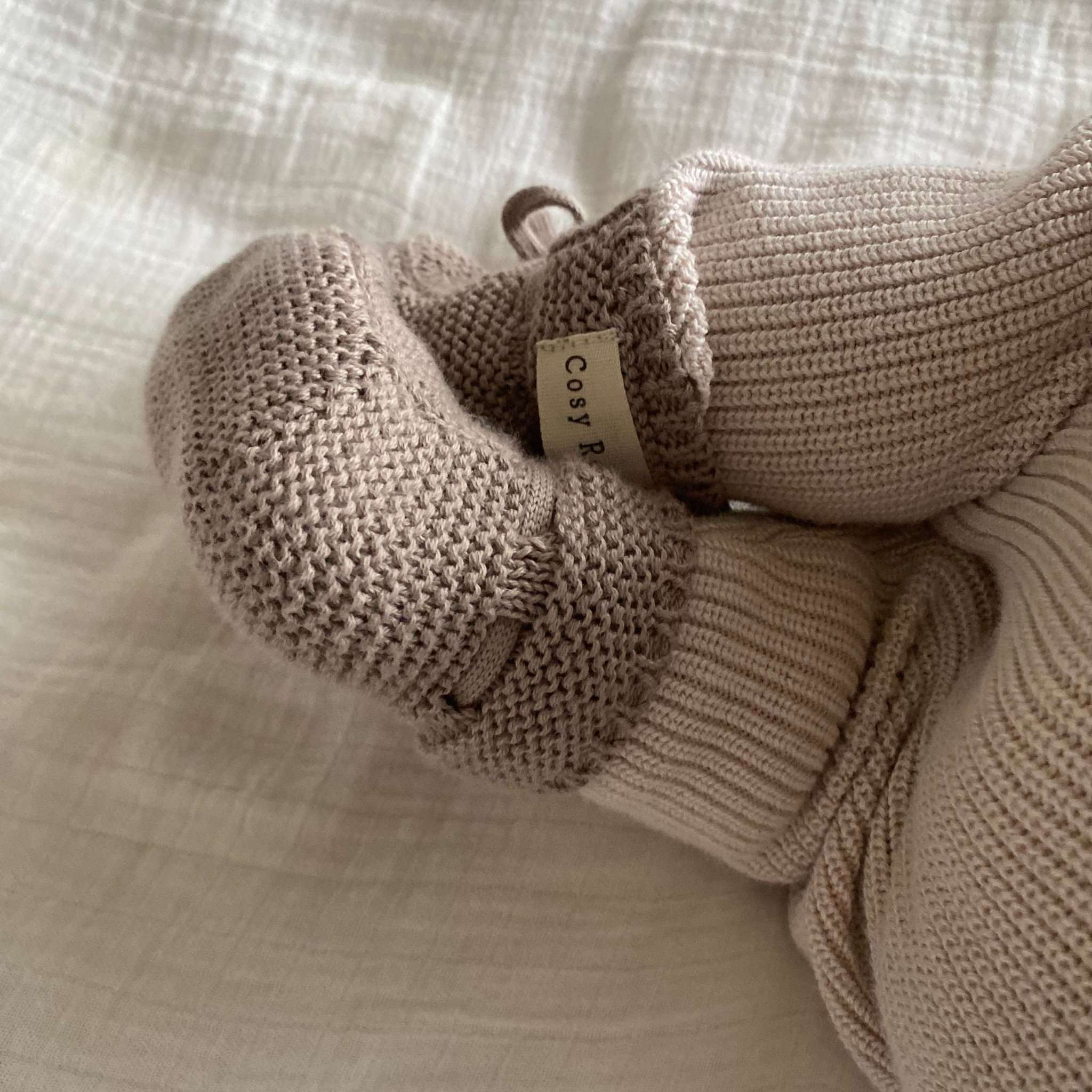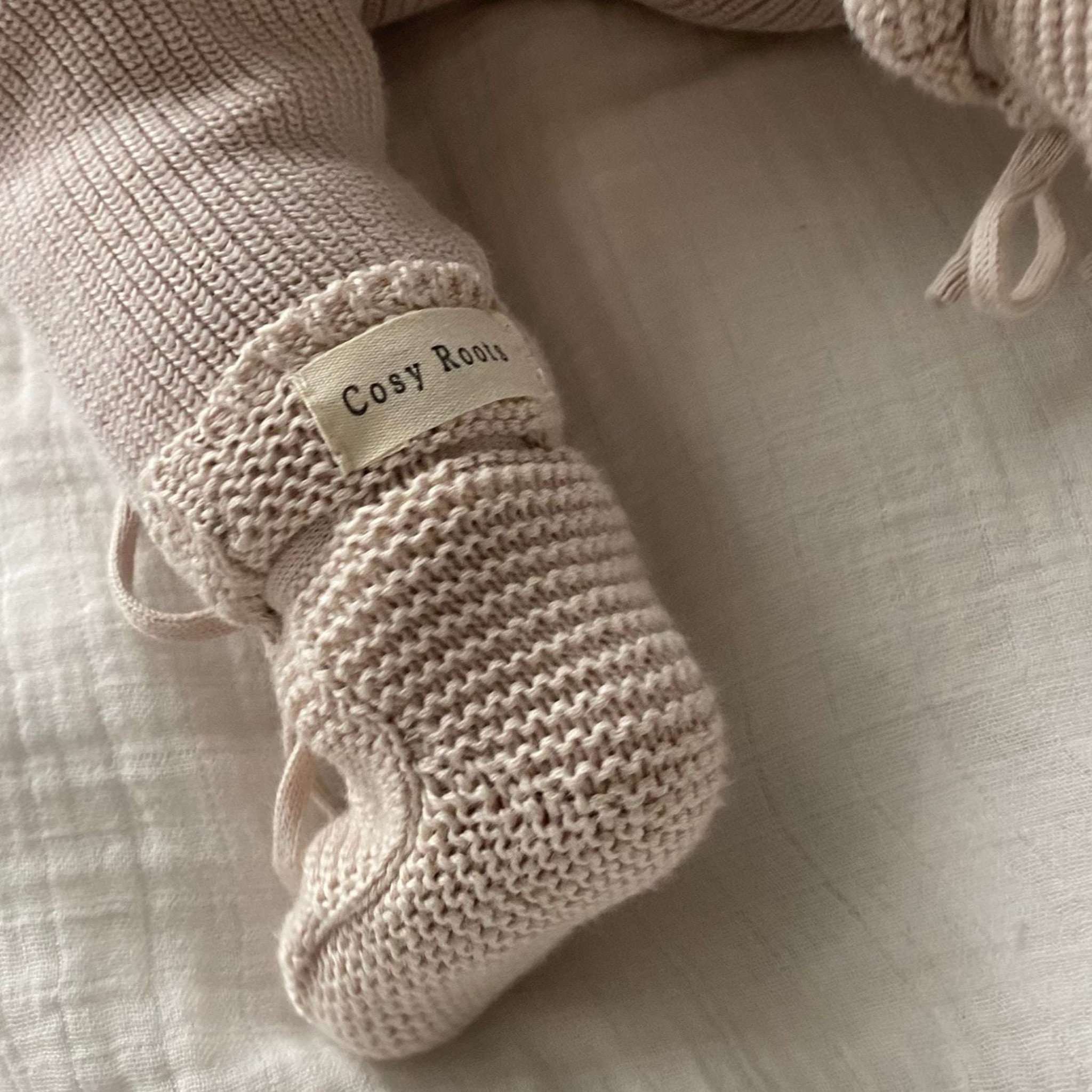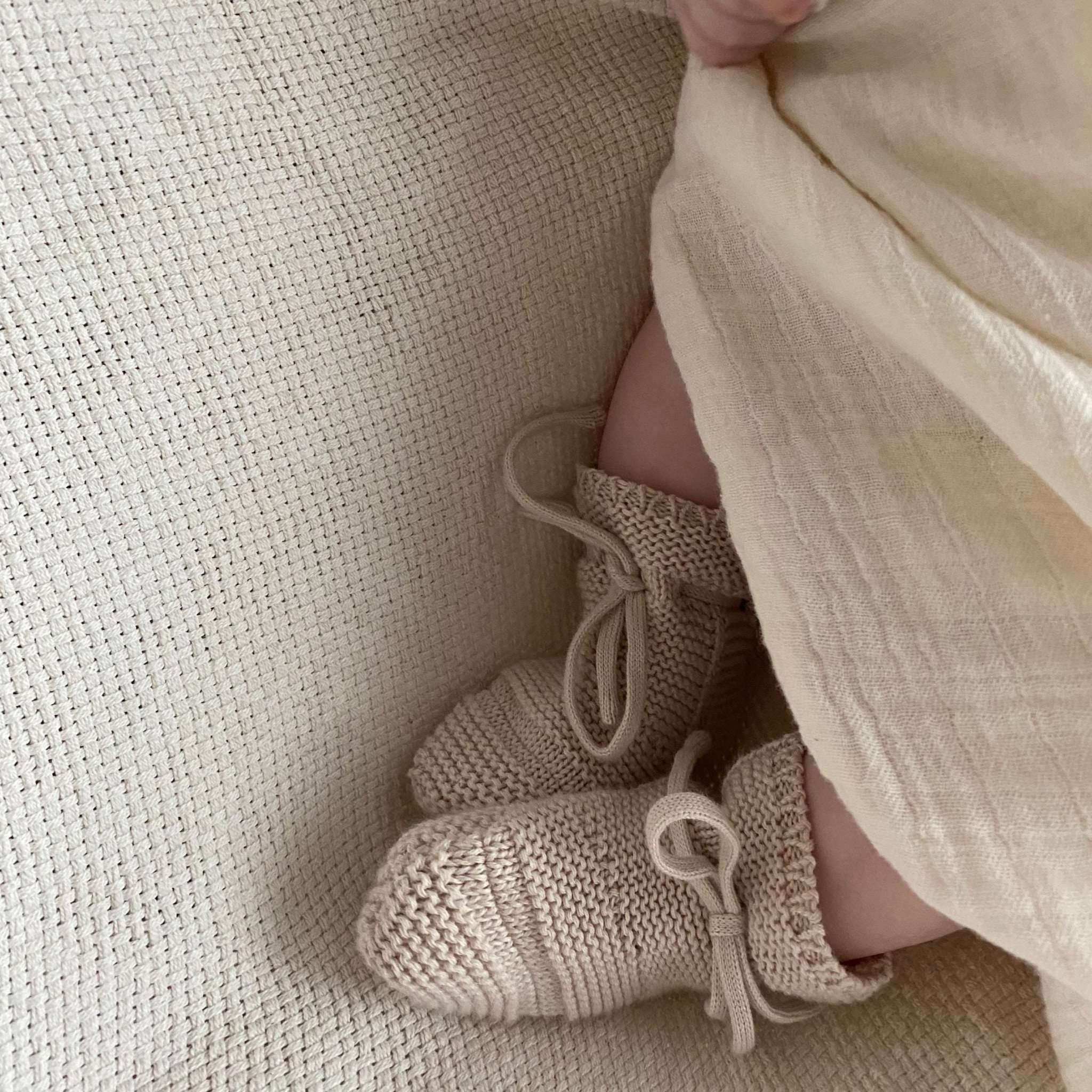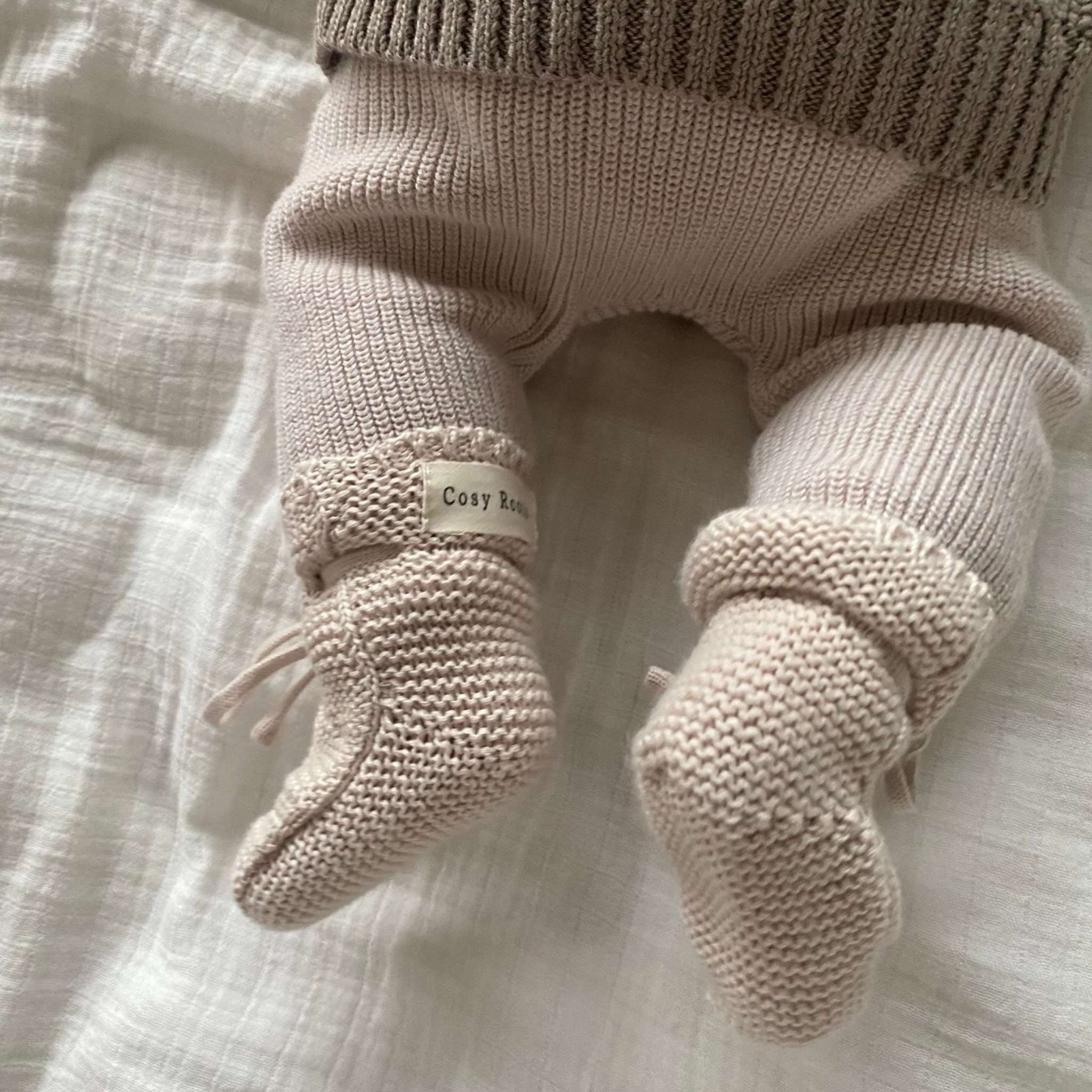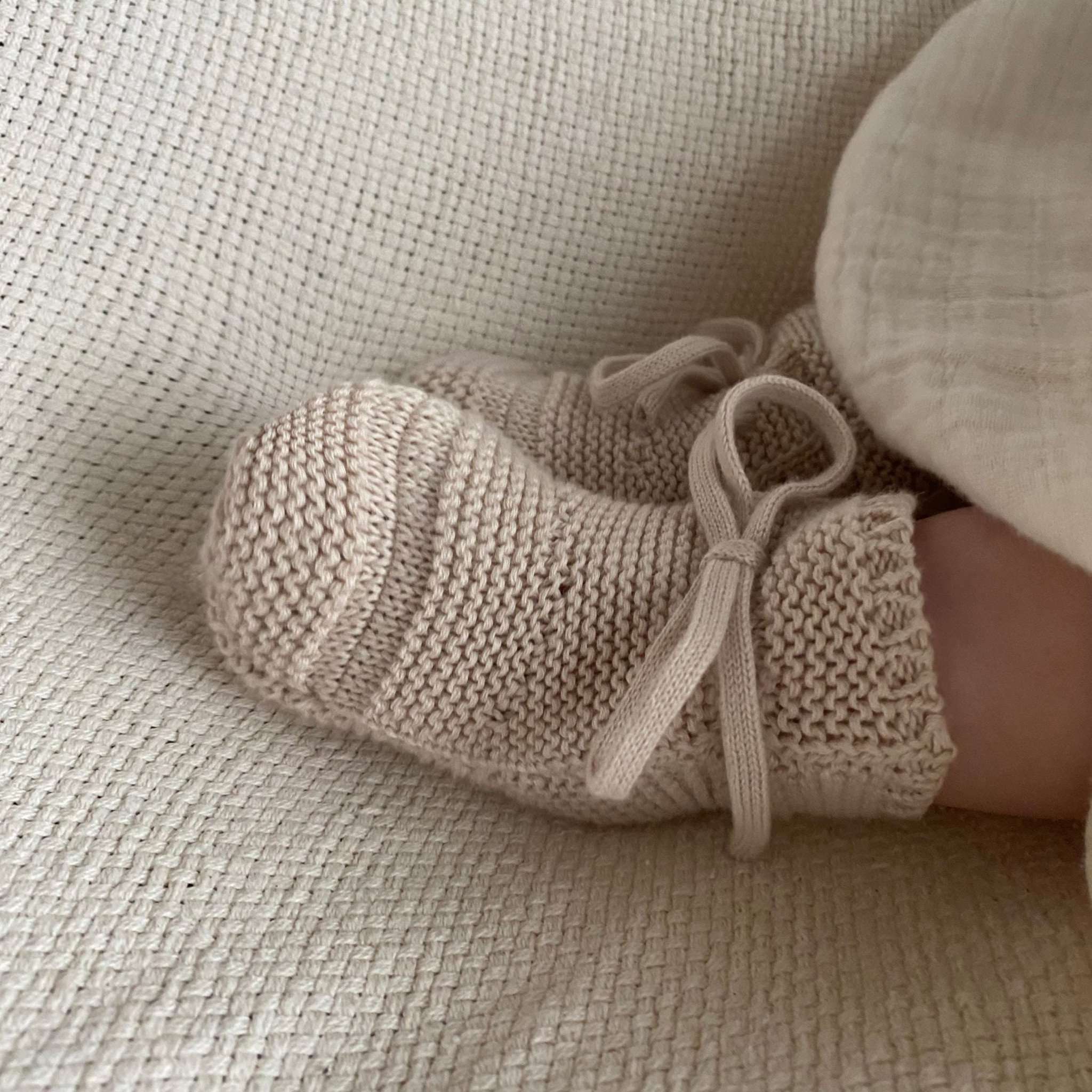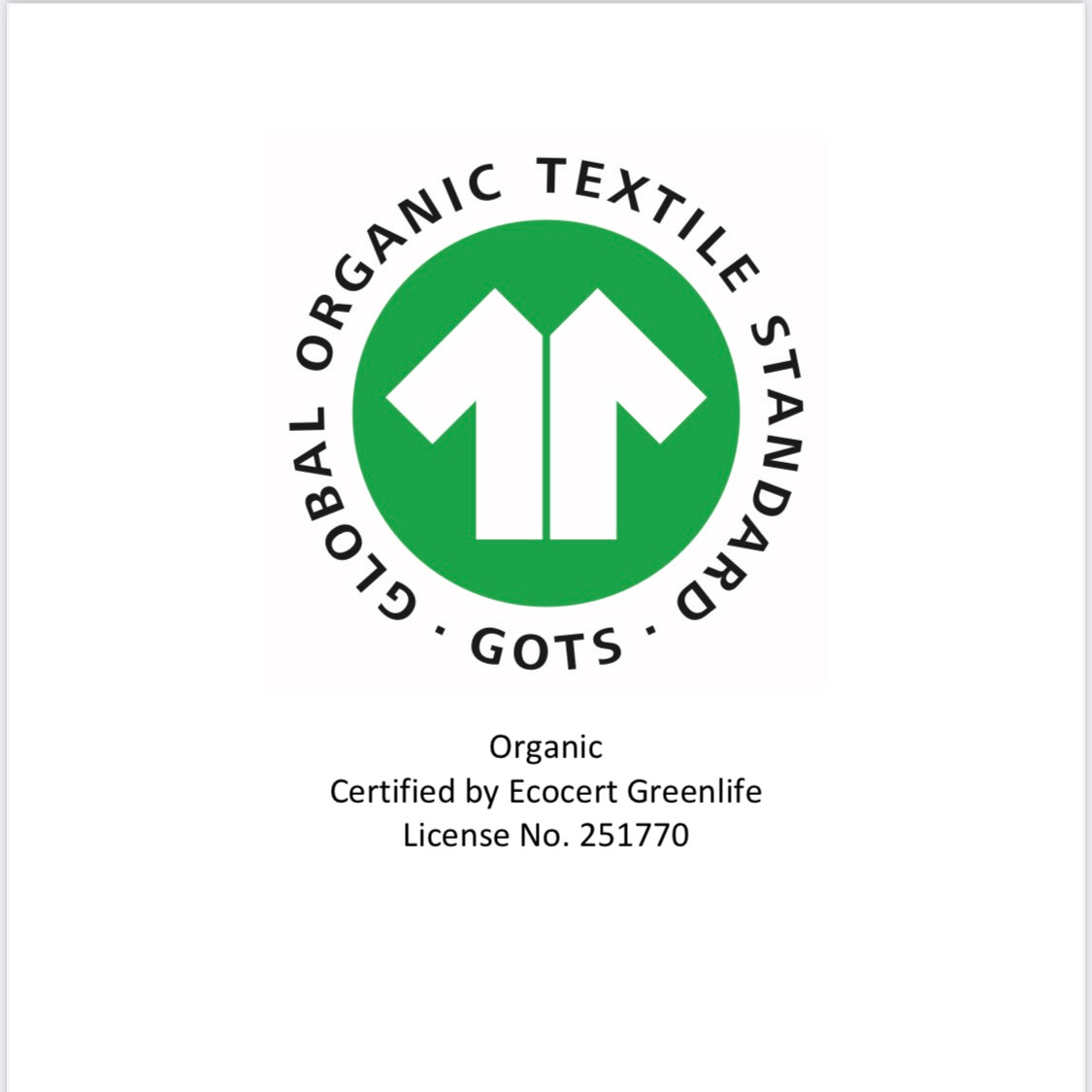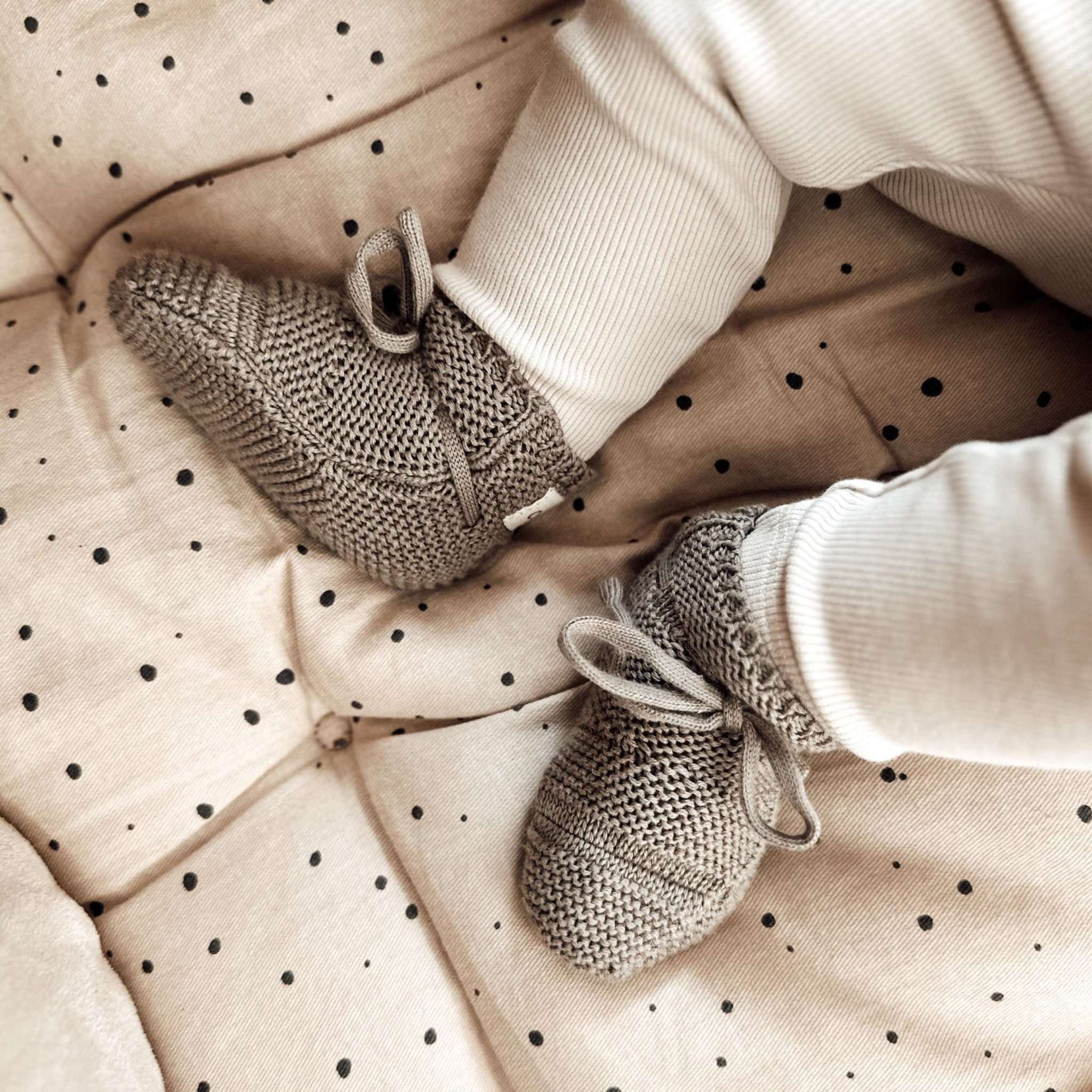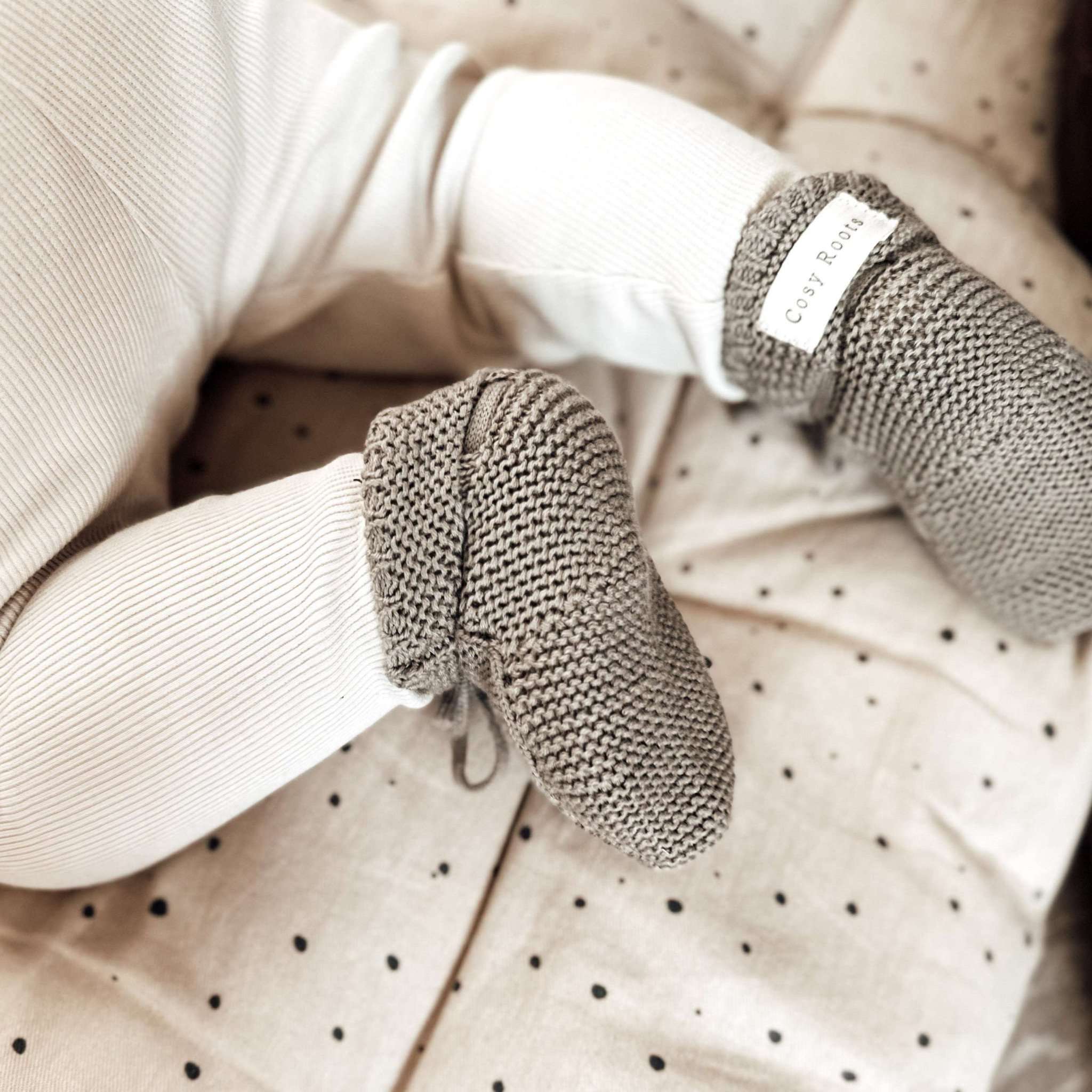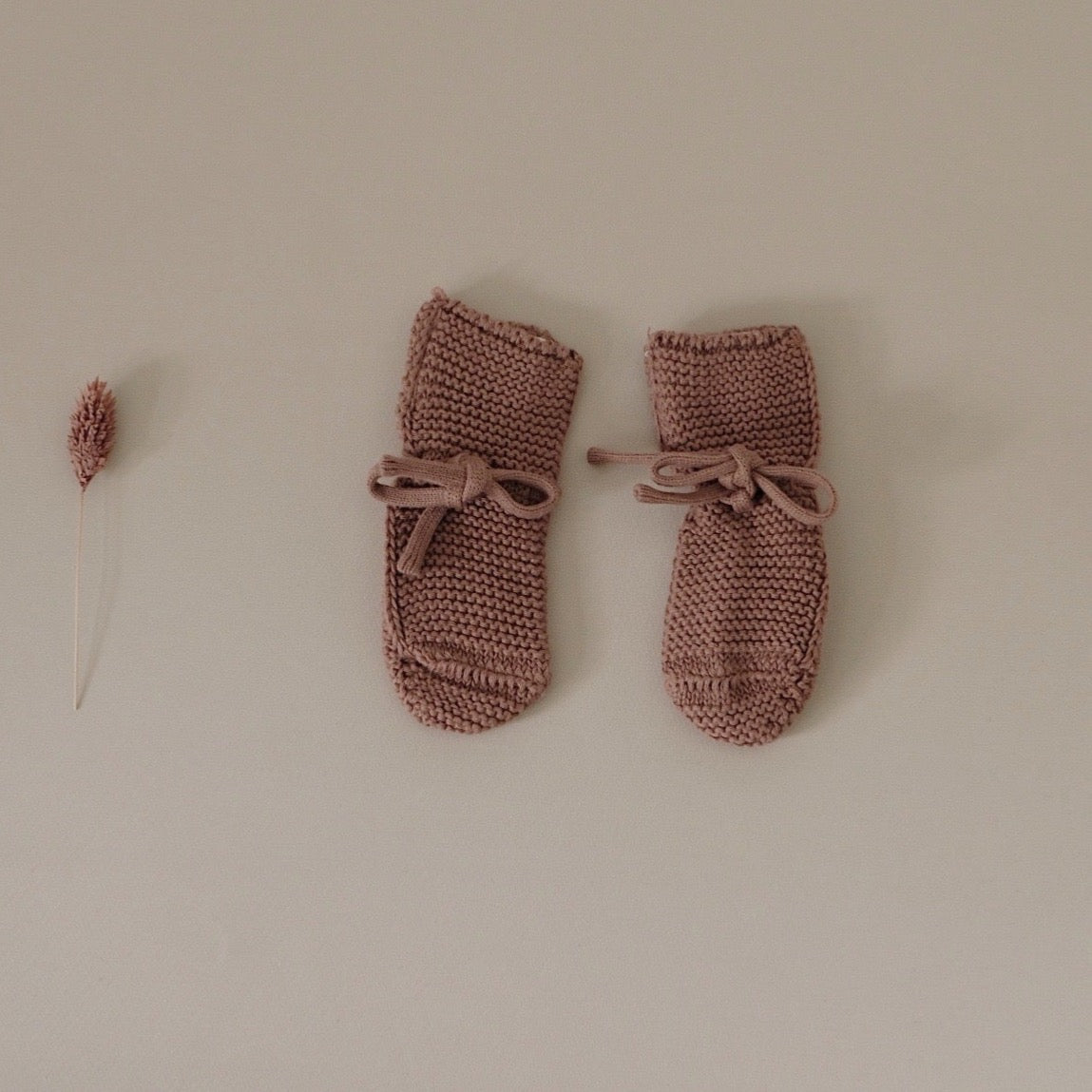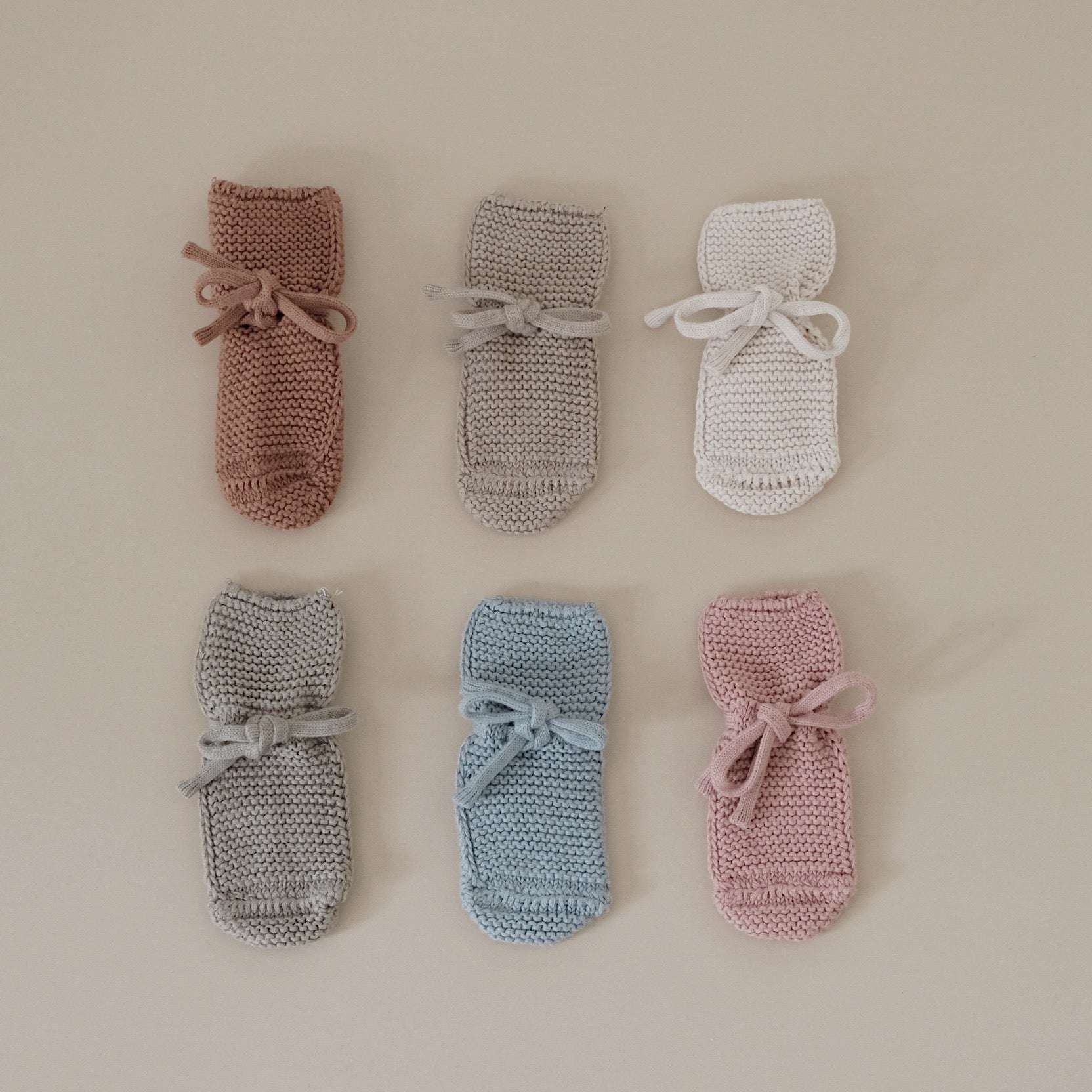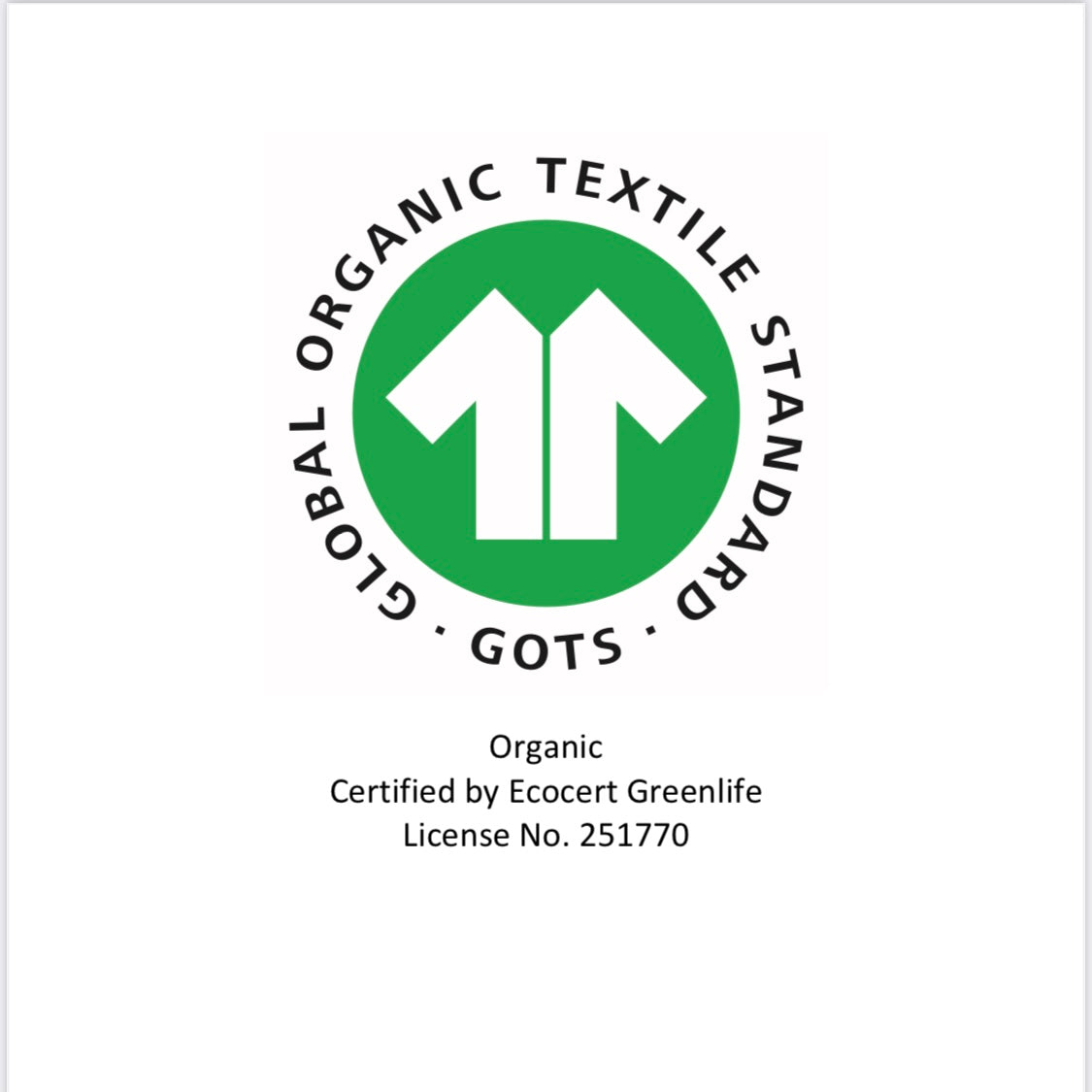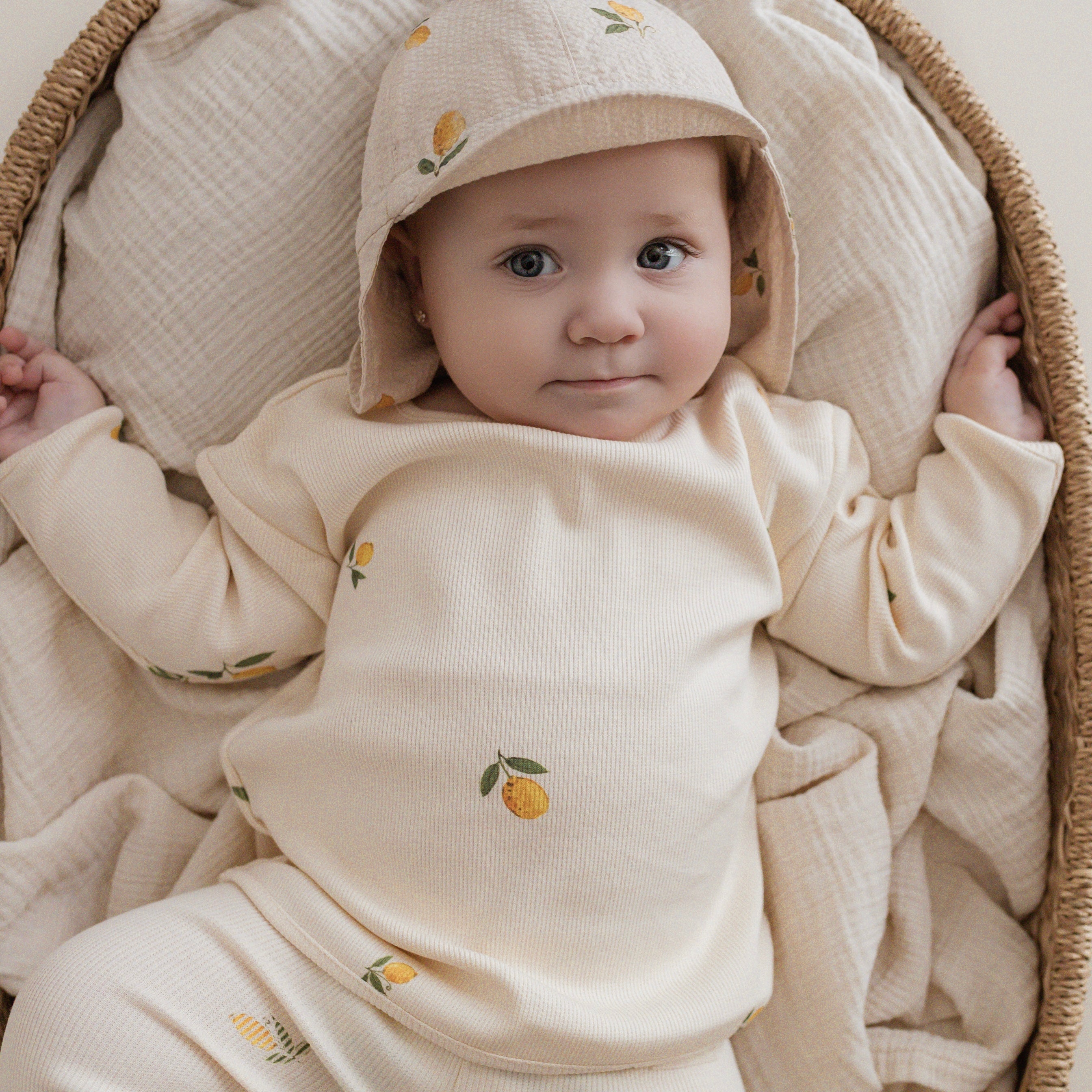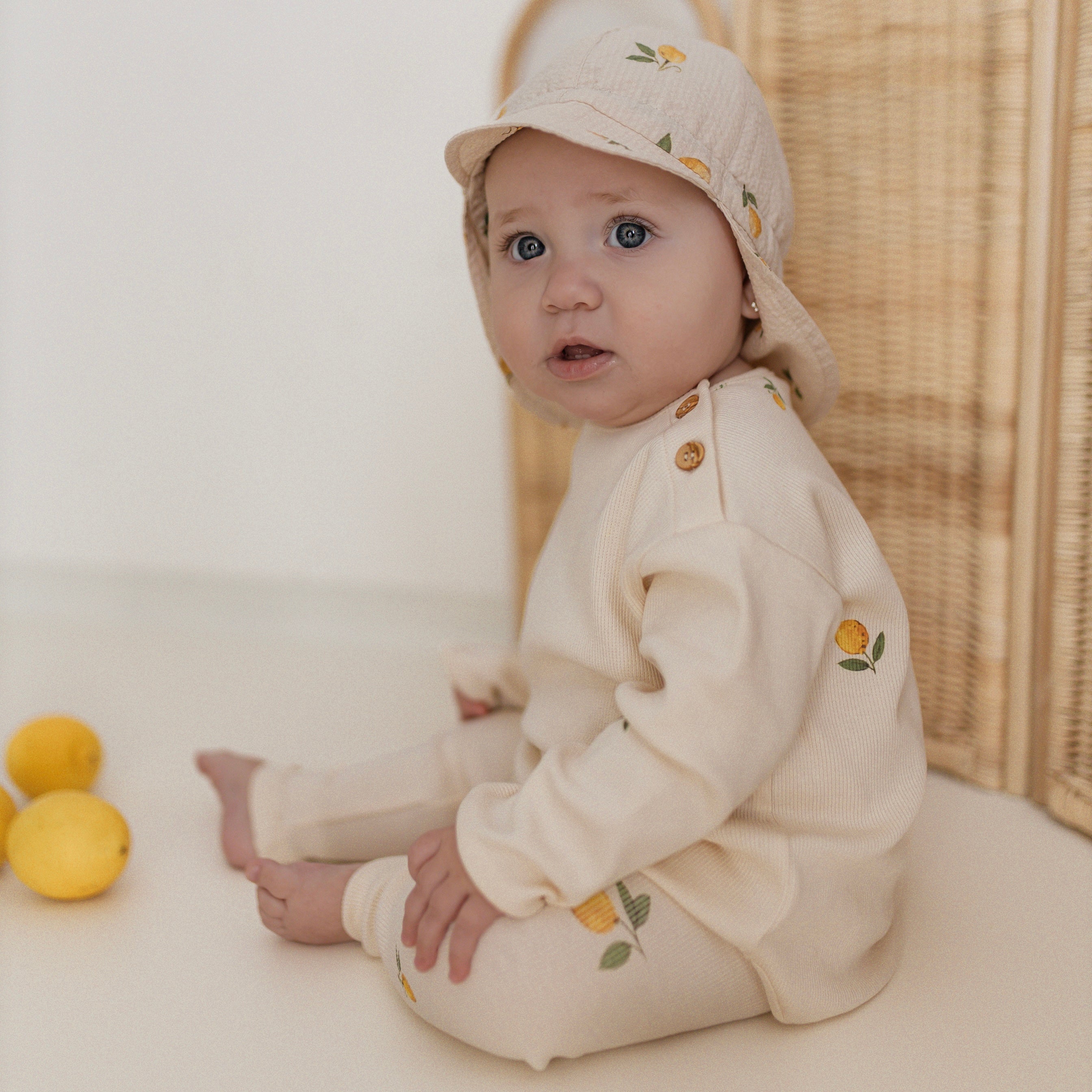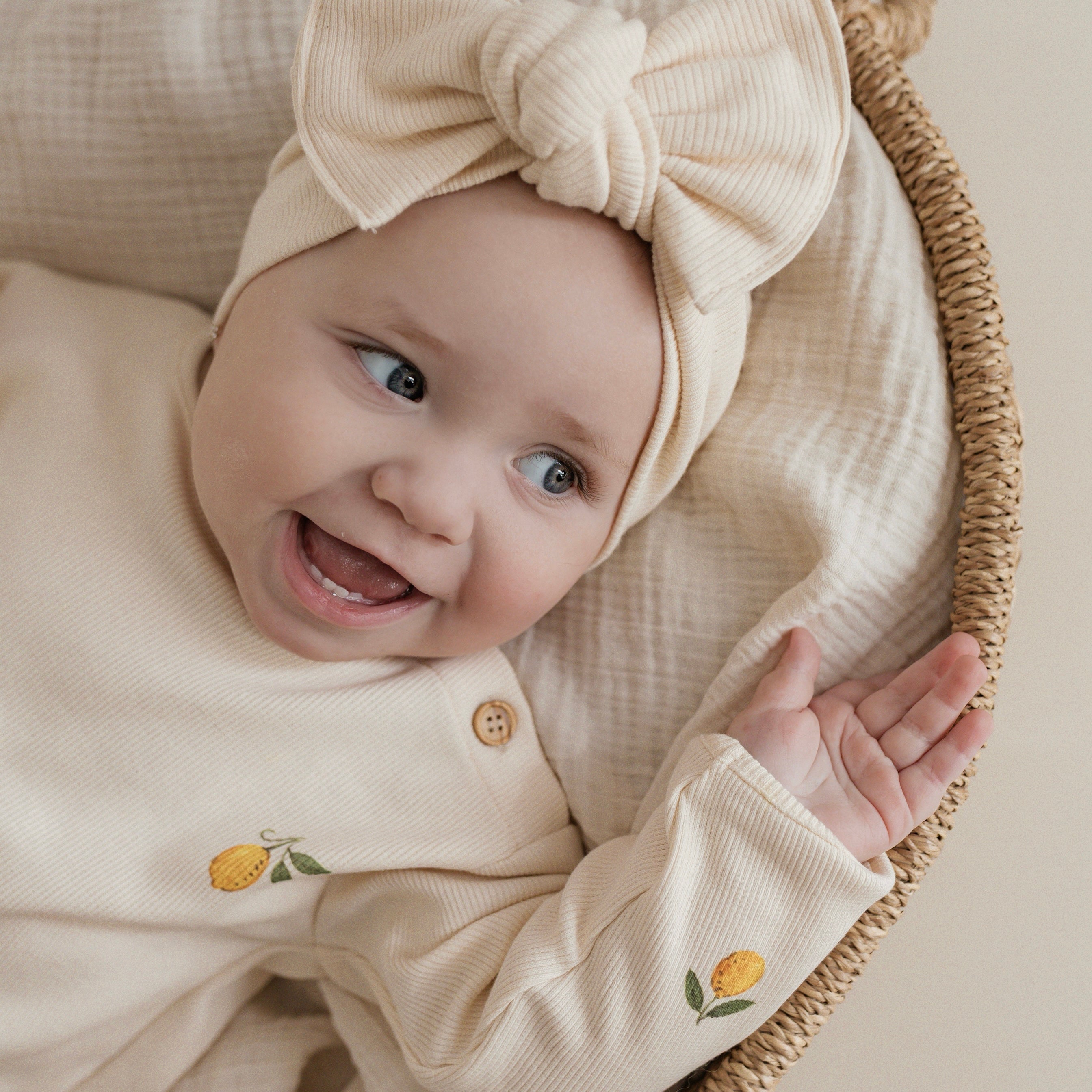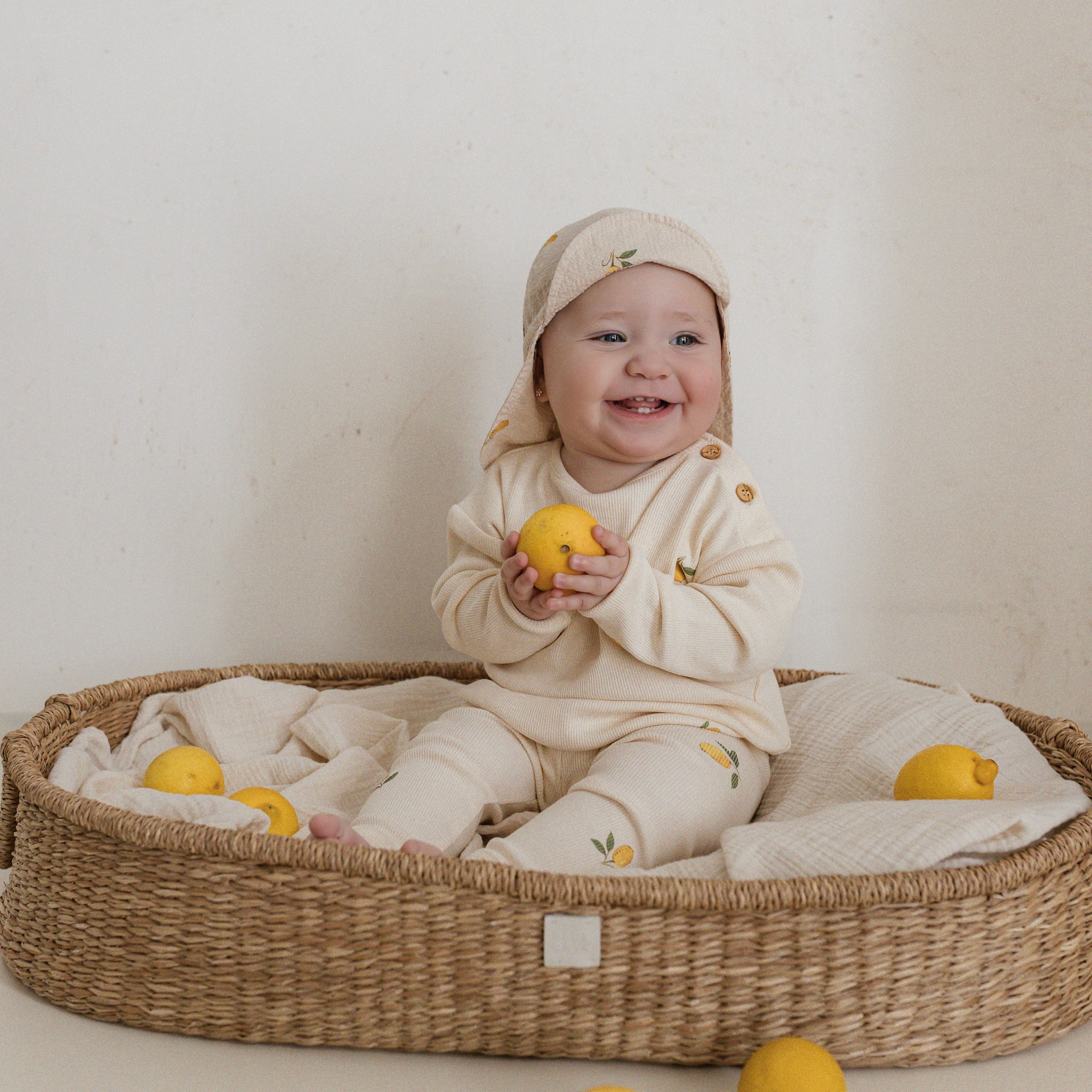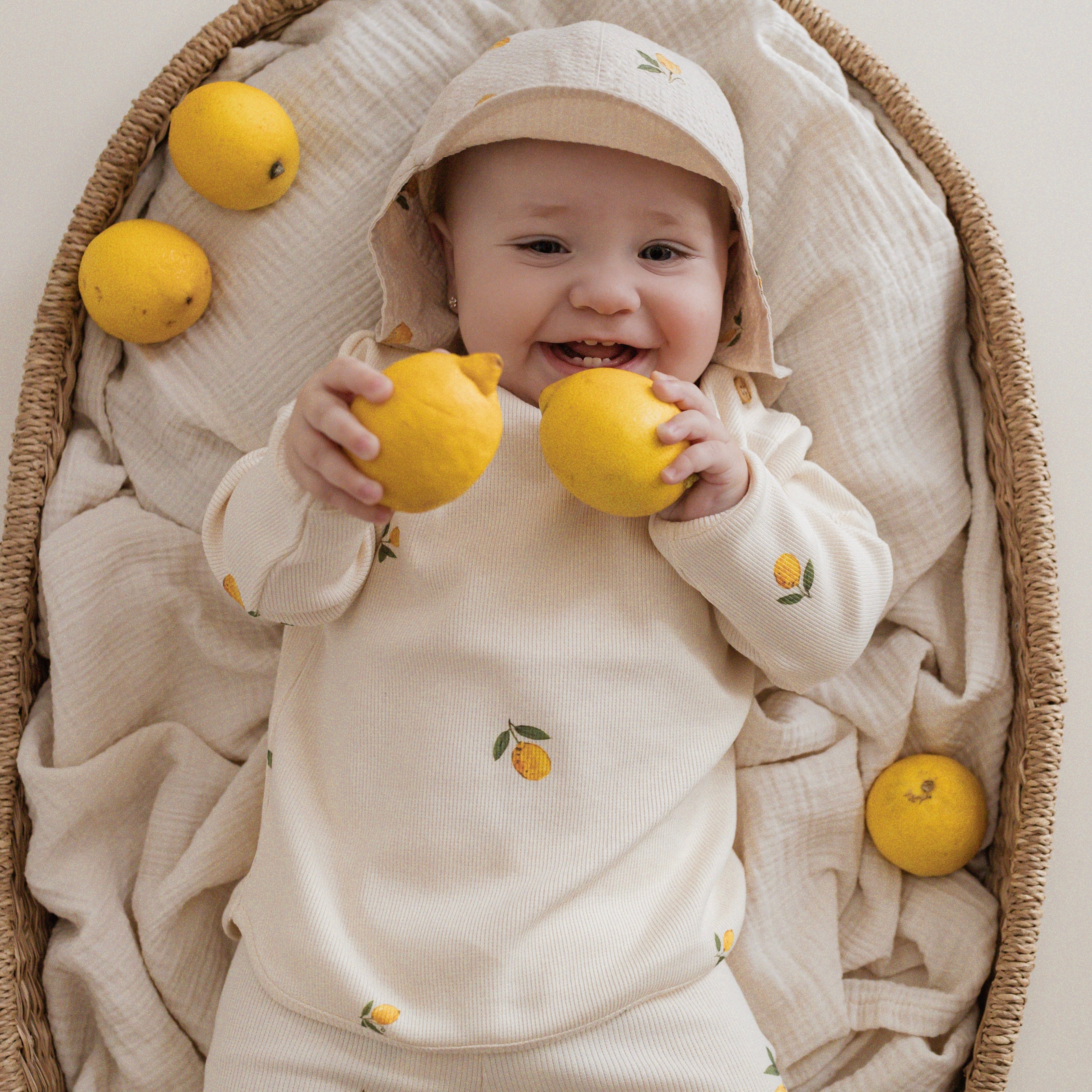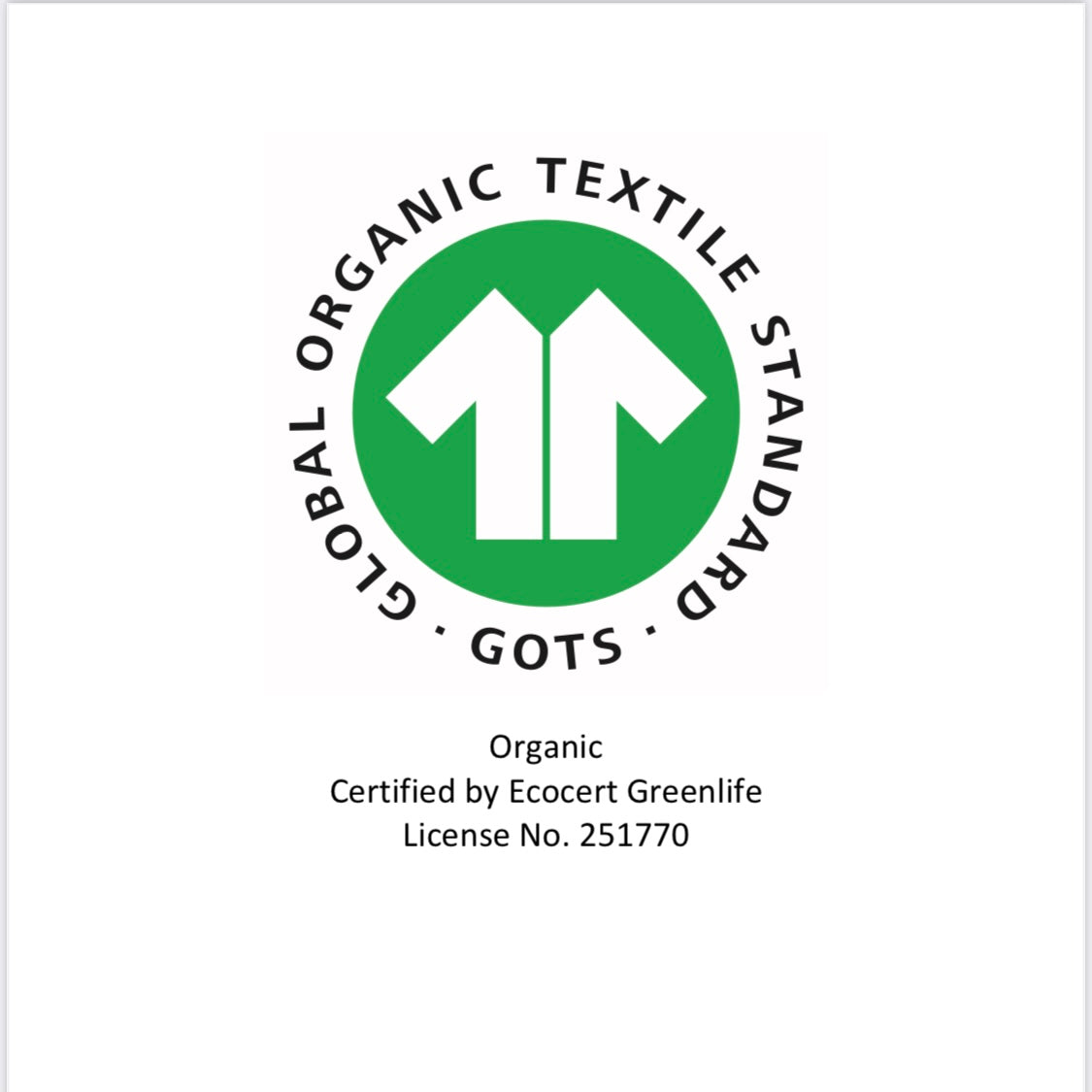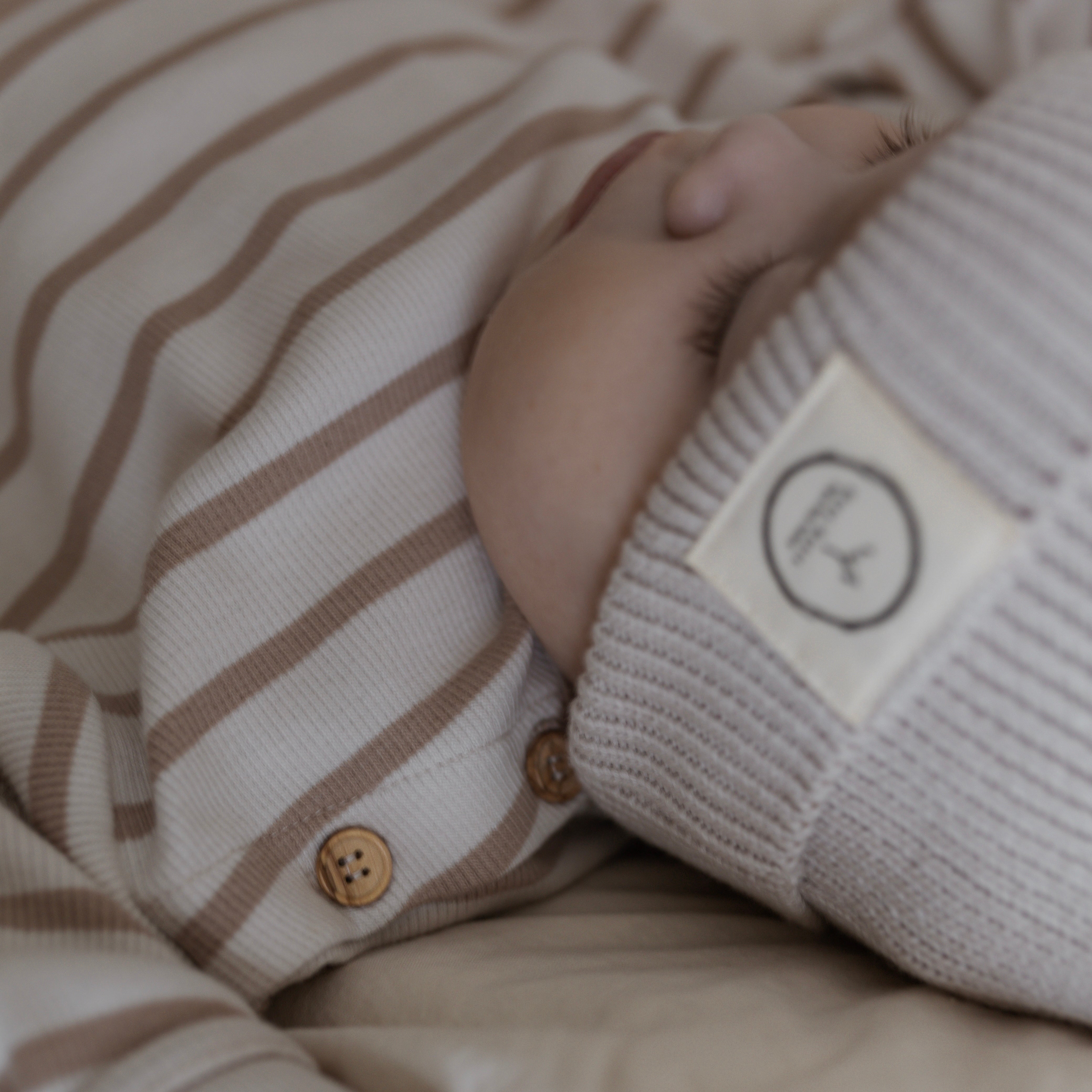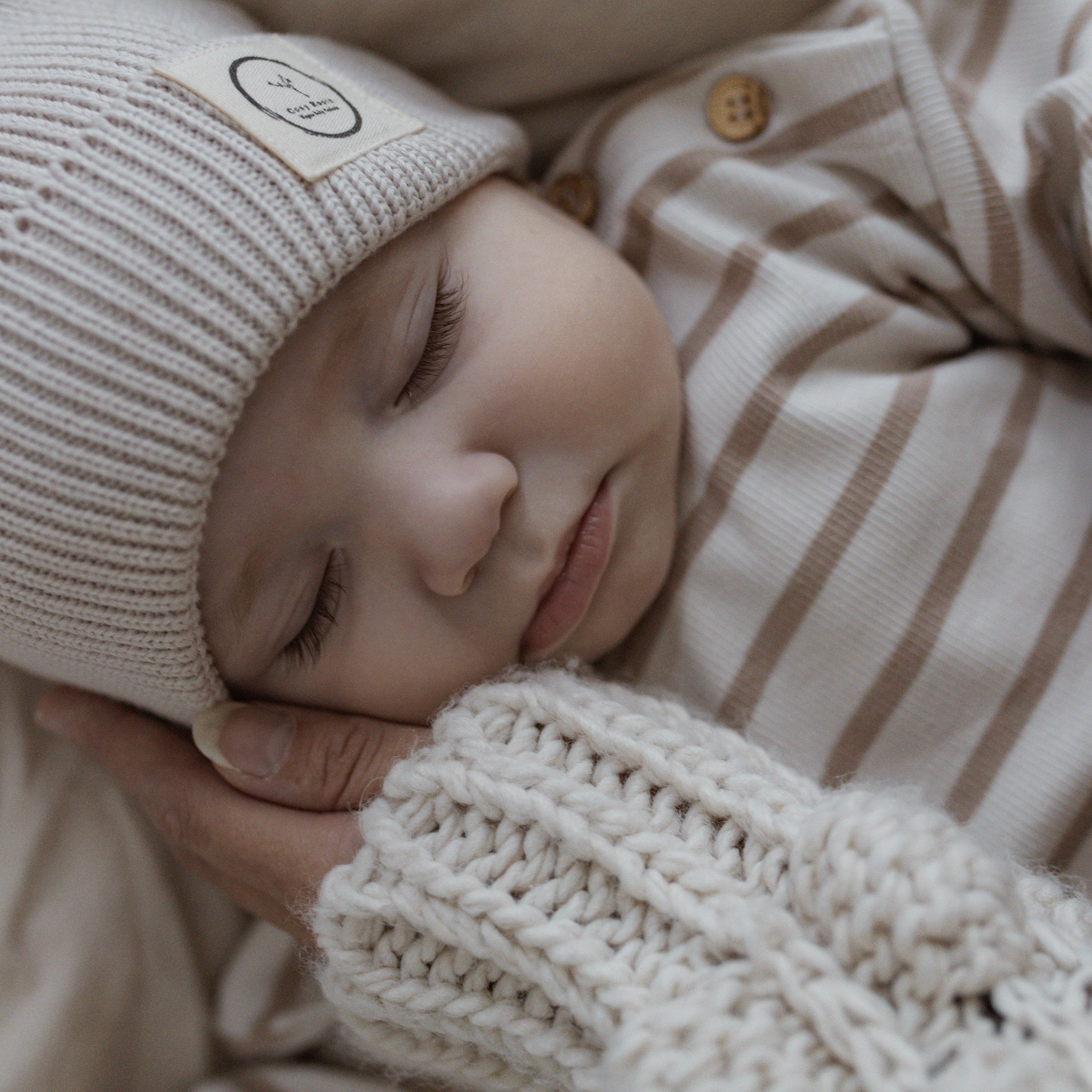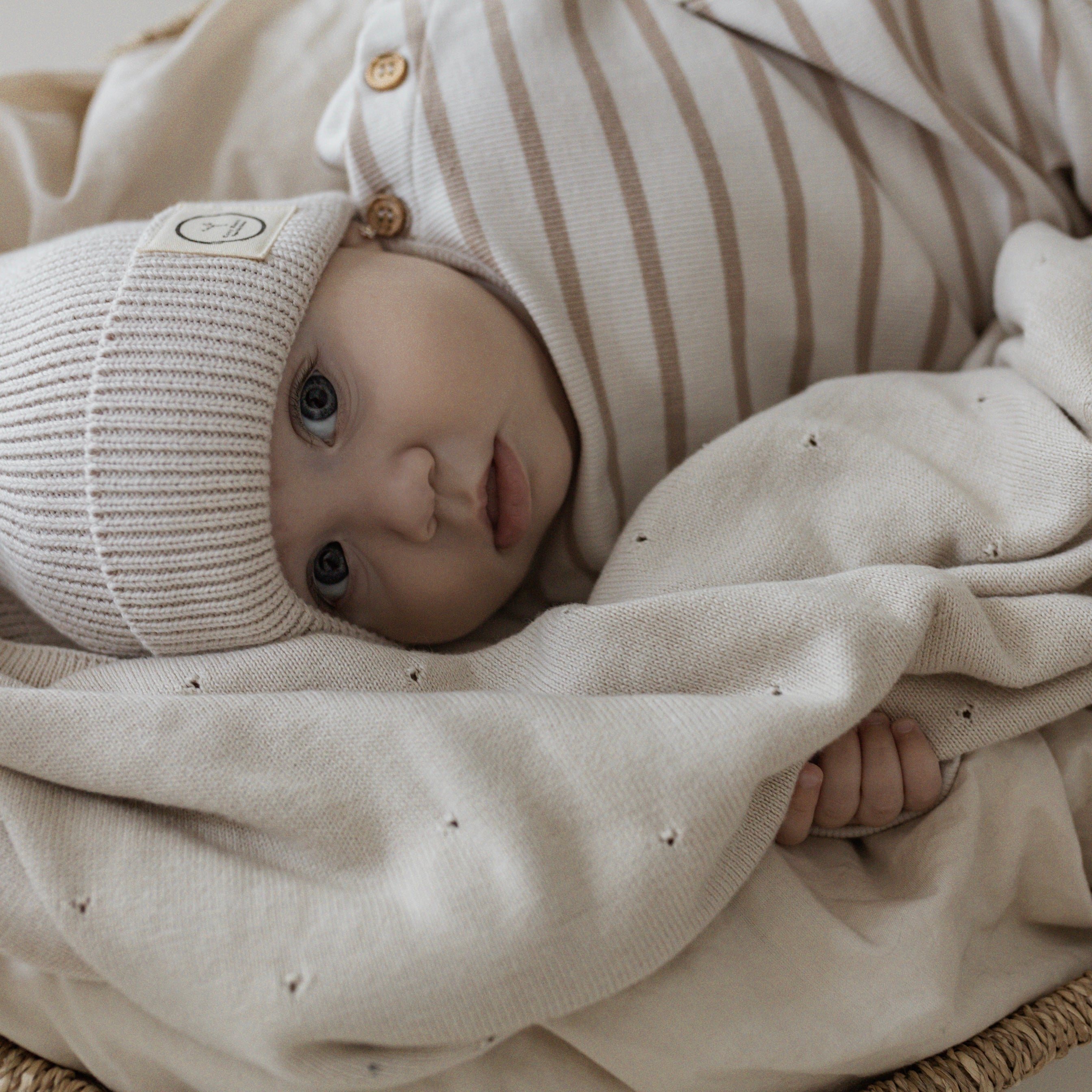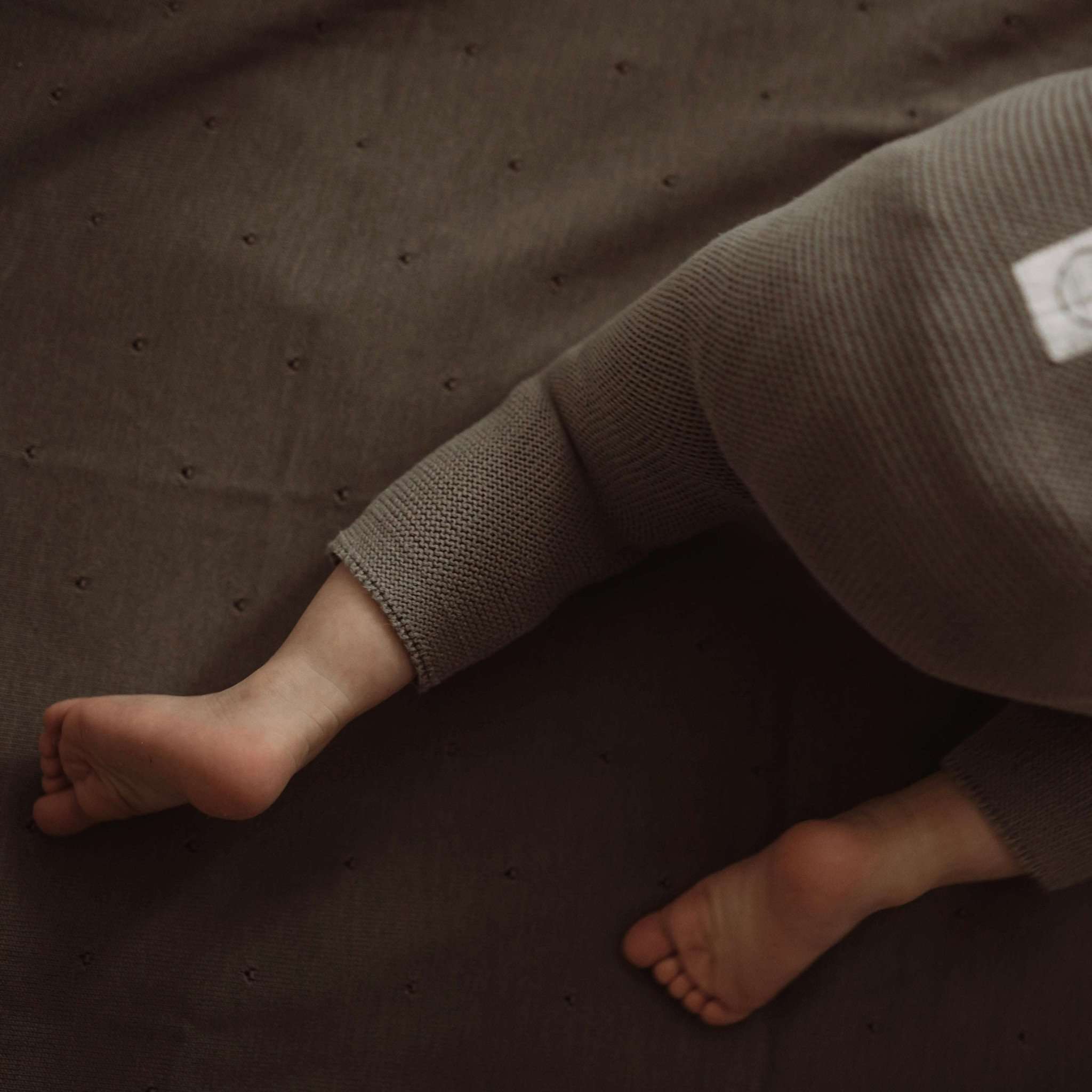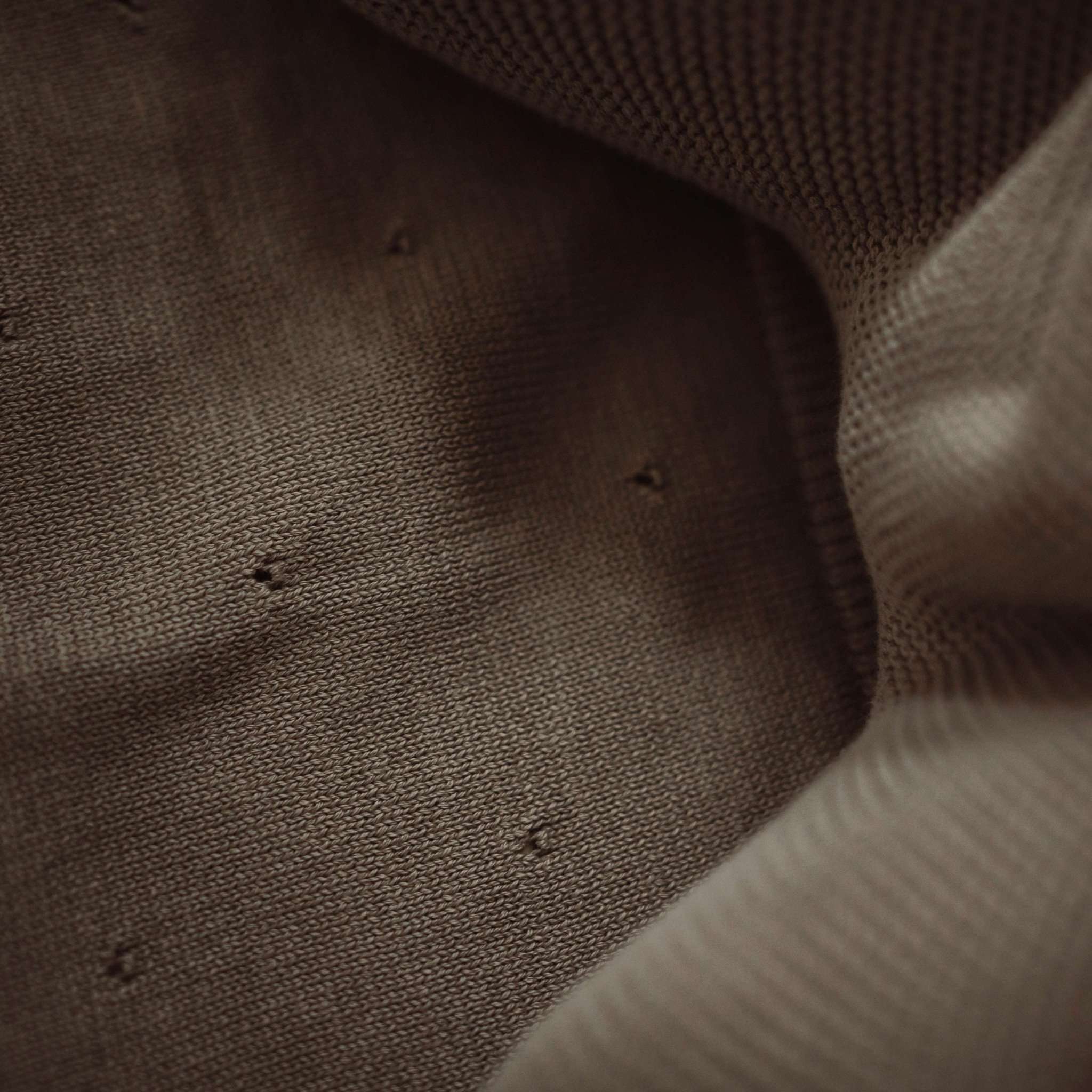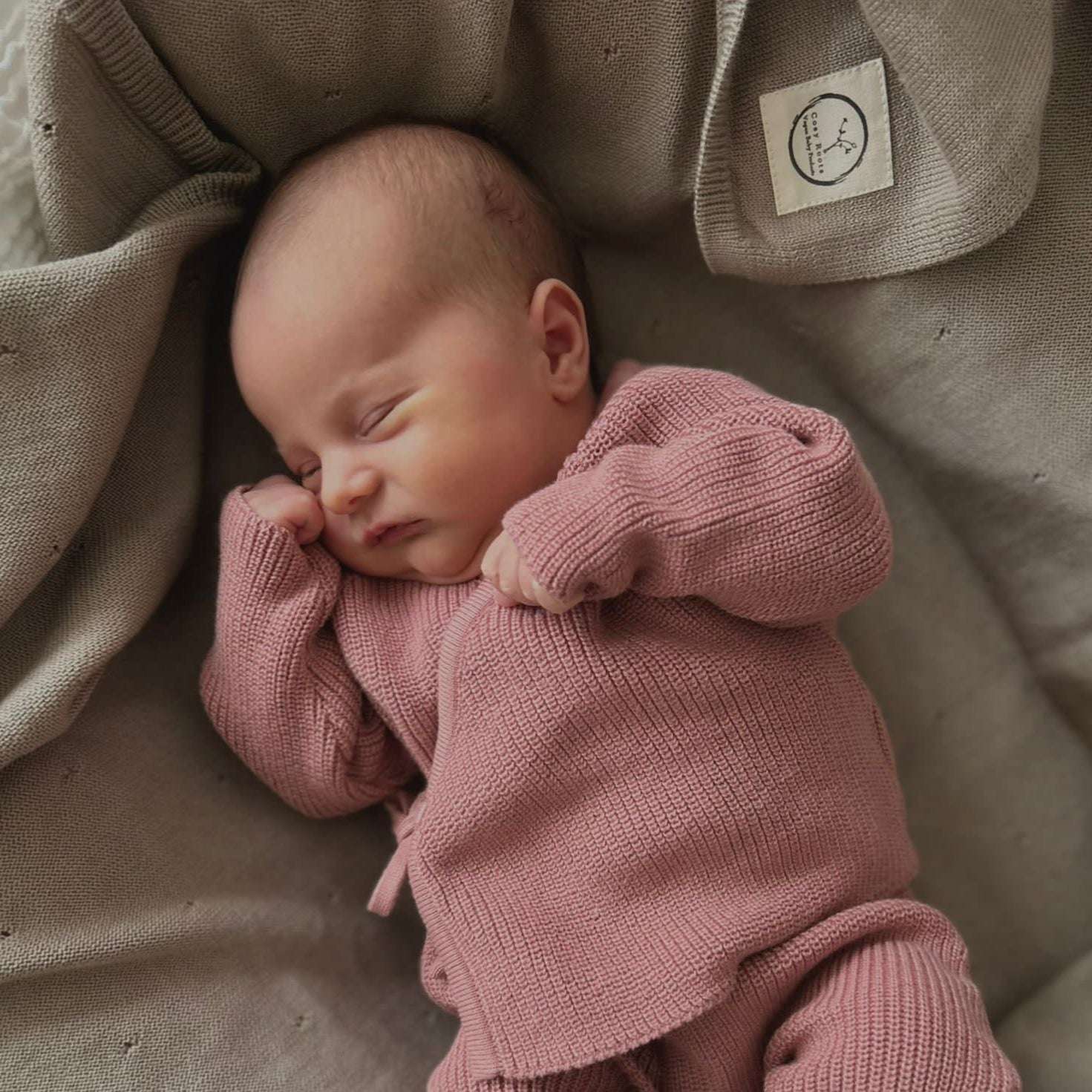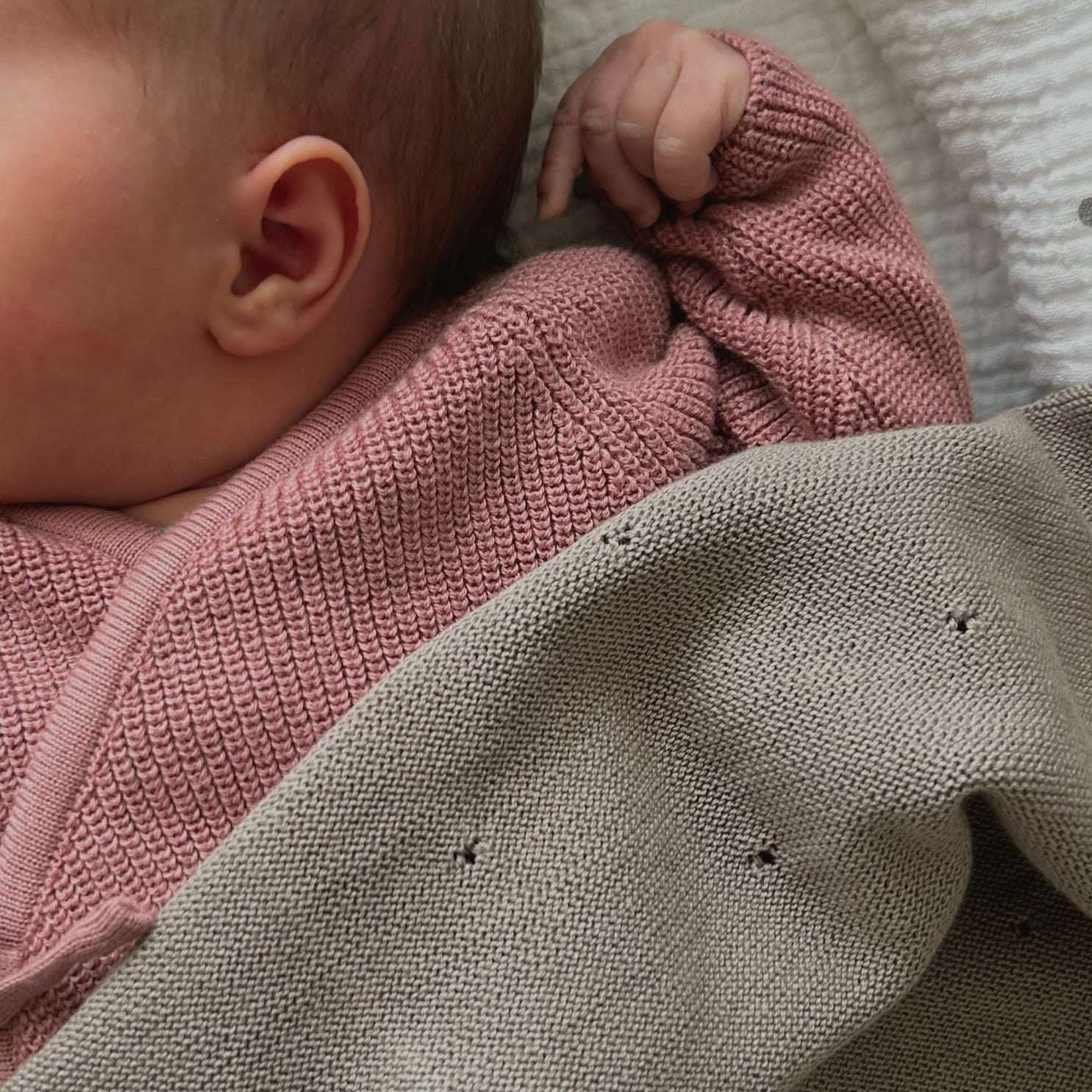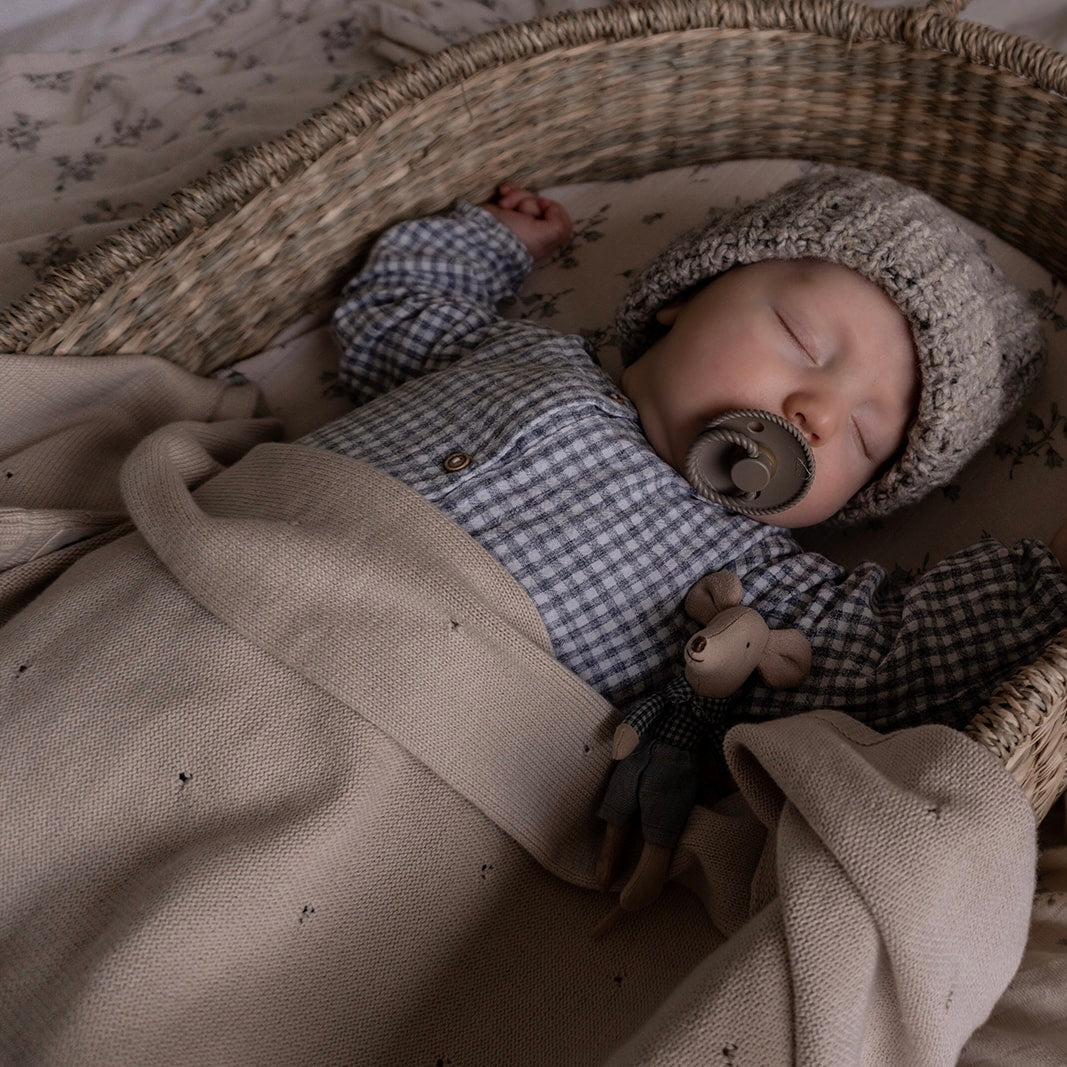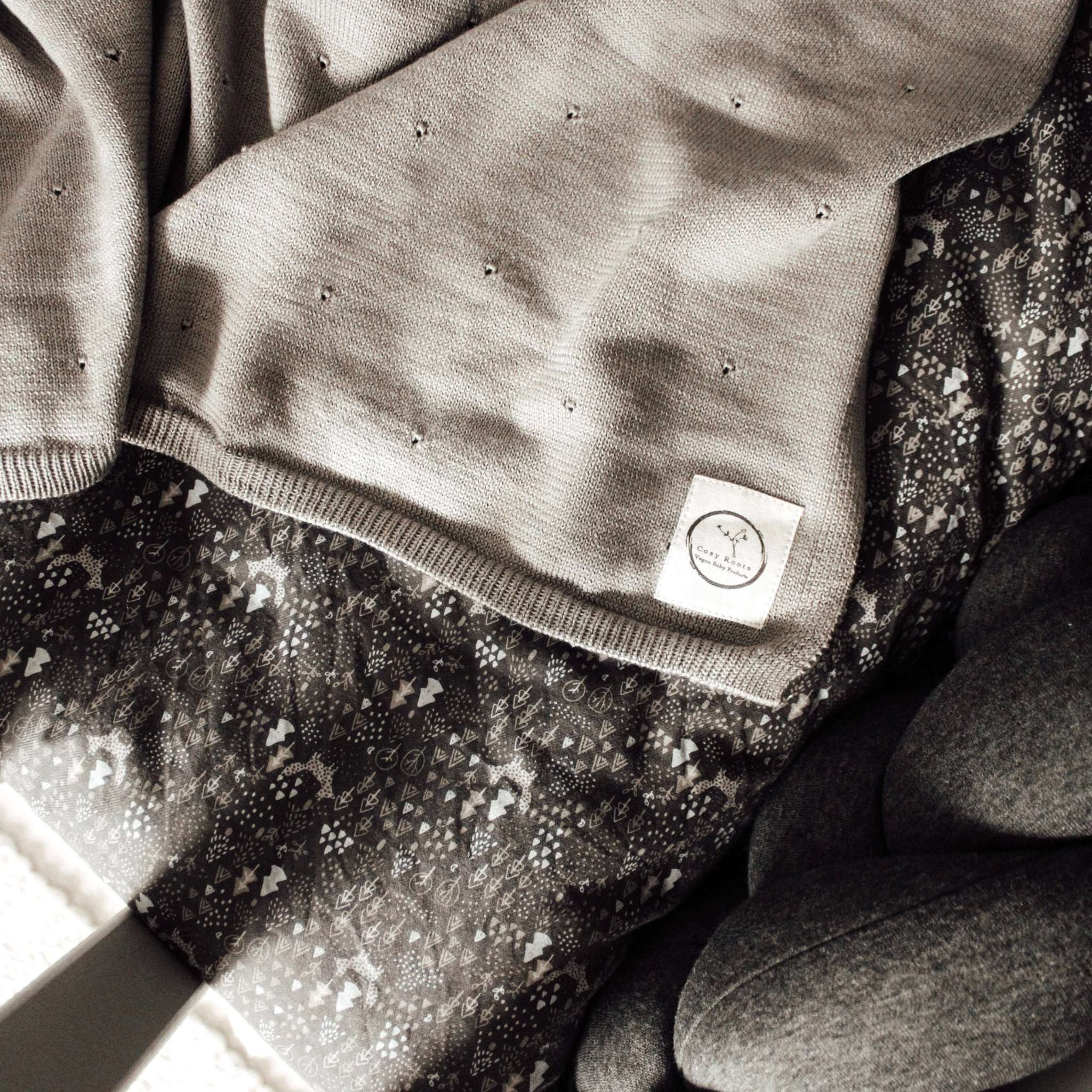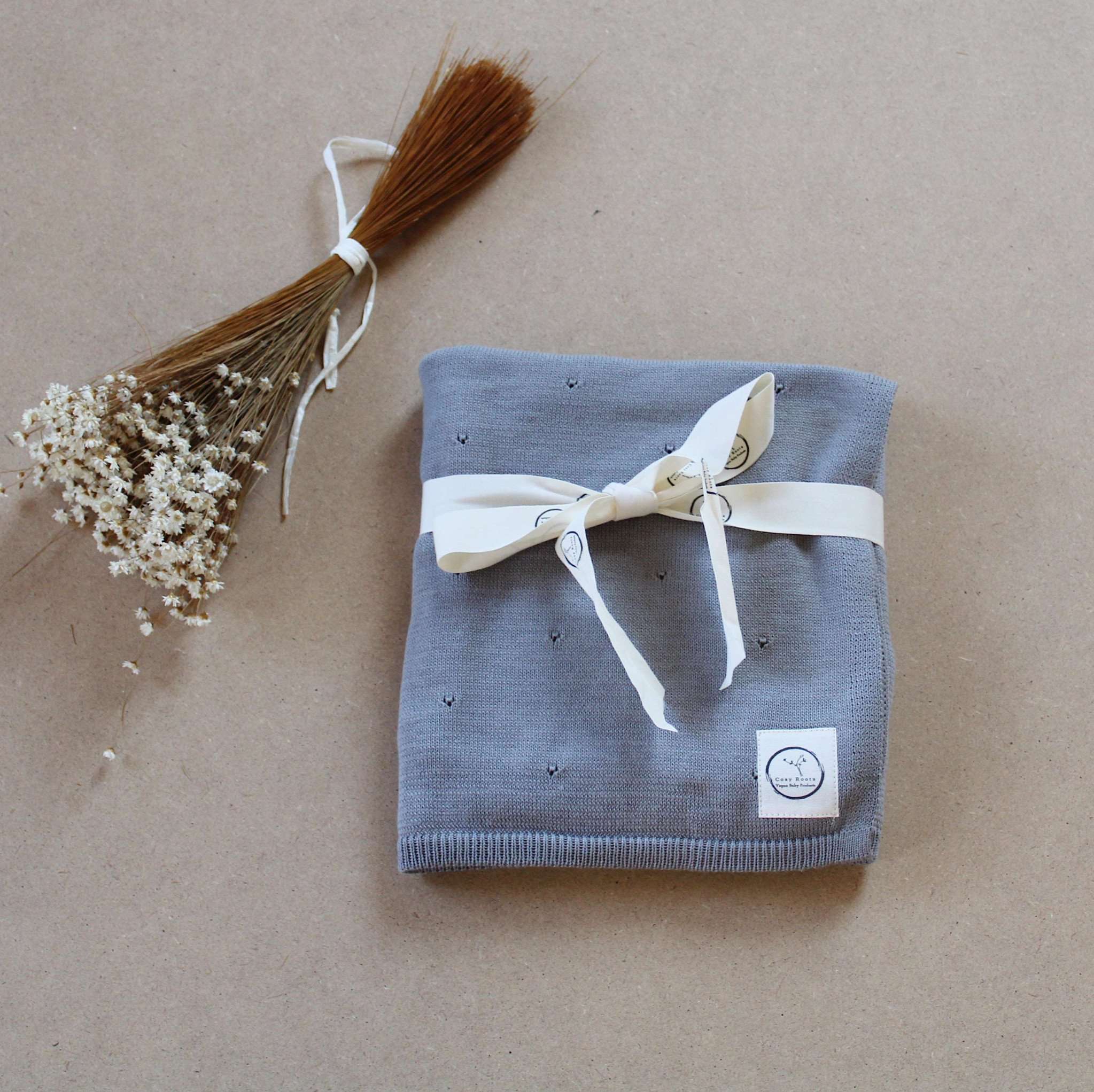Vegetarian or even vegan, that hasn't been a trend for a long time. Rather, it's a movement and more and more people are changing their diet and becoming vegetarian or even vegan. In the wake of the climate crisis and sustainability, veganism in particular has experienced a boom. The diet that does not contain any animal products is experiencing more and more growth. Vegan diets are in. But feeding babies a vegetarian diet - is that even possible? Opinions on this topic are divided. But of course, if your diet is vegetarian or even vegan, you don't want to offer your child animal products as supplementary food. The researchers at the Child Nutrition Research Department recommend offering supplementary food for children as a mixed diet in order to include all the important nutrients in the diet, but isn't that also possible with a vegan diet?
Topic: Supplementary feeding: Is feeding babies a vegetarian diet a no-go?
There is a great fear of malnutrition in children. Vitamin B12, omega 3 fatty acids and iron are particularly associated with a vegan or vegetarian diet. When you talk about wanting to feed children a vegetarian diet, you are met with incomprehension. You should take a closer look at the different types of plant-based food and also which nutrients are actually important for a child. To make it easier for you to decide whether you want to feed your children a vegetarian or vegan diet, we have created a short overview for you below.
Vegetarian nutrition for children: the diets
In order to decide whether you want to feed your baby a vegetarian, vegan or mixed diet, you should know the different nutritional options available and their special features. Of course, you only want the best for your baby. A healthy diet is important for the development of babies.
- Omnivorous diet : In the omnivorous diet, meat products, meat and fish, eggs, milk and dairy products as well as plant products are equally integrated into the menu.
- Ovo-lacto vegetarians : People who follow an ovo-lacto vegetarian diet do not eat meat and fish, but they still consume eggs, milk and dairy products.
- Lacto-vegetarians : In addition to plant-based products, lacto-vegetarians also have milk and dairy products on their menu.
- Vegans : Veganism is a cruelty-free lifestyle and therefore vegans do not eat any foods such as meat and fish, milk and dairy products, eggs and honey. Instead, their diet is purely plant-based.

How healthy is a purely vegetarian diet?
Starting solid food is an exciting time for both parents and babies. Discovering the different tastes and textures is exciting and new, delicious foods are added almost every day. A baby will not miss meat or meat products, but also fish per se. So there is no question of doing without. Especially at the beginning, when solid food is introduced, you usually start with delicious vegetables as porridge or steamed sticks anyway. Vegetables therefore form the basis of a baby's diet. But experts warn of a lack of iron. The iron supply from plant-based foods is more difficult for the human body than from meat. The iron supply from breast milk is not sufficient to provide your baby with enough iron. Therefore, if you want to feed your child a vegan diet, it is important to make sure that you include enough iron-rich foods in the solid food plan. Those with the highest iron content are:
- Wheat germ
- millet
- oatmeal
- Almonds
- Hazelnuts
- Black salsify
- spinach
- Raisins
- Currants
- broccoli
Can I feed my baby a vegan diet?
If you are vegan yourself, a vegetarian diet is certainly not what you want for your baby. In principle, the jump from a diet without meat and fish to a vegan diet is not far. In addition to the supply of iron, an exclusively plant-based diet must pay attention to the omega 3 fatty acids and the vitamin B12 supply, which is ensured by fish, eggs and milk in an omnivorous diet. Vitamin B12 in particular is a vitamin that vegans can only absorb through food supplements. Therefore, before you want to feed your baby a vegan diet, you should consult your pediatrician to avoid a deficiency. The omega 3 fatty acids should also be supplemented if necessary, as your baby's brain needs the DHA compounds found in sea fish for brain maturity and development.
A vegan or vegetarian diet for babies is not a problem as long as you pay attention to the nutrients your child needs for healthy development. Babies fed a vegan diet lack nothing, the myth that a vegetarian diet is malnourished is long out of date. Nevertheless, parents who want their baby to start solid food on a vegetarian diet should think about how they want to integrate the critical vitamins and nutrients into their child's diet in order to avoid taking any risks. In the first year of life, babies should continue to receive breast milk or pre-milk regardless of the type of diet.

